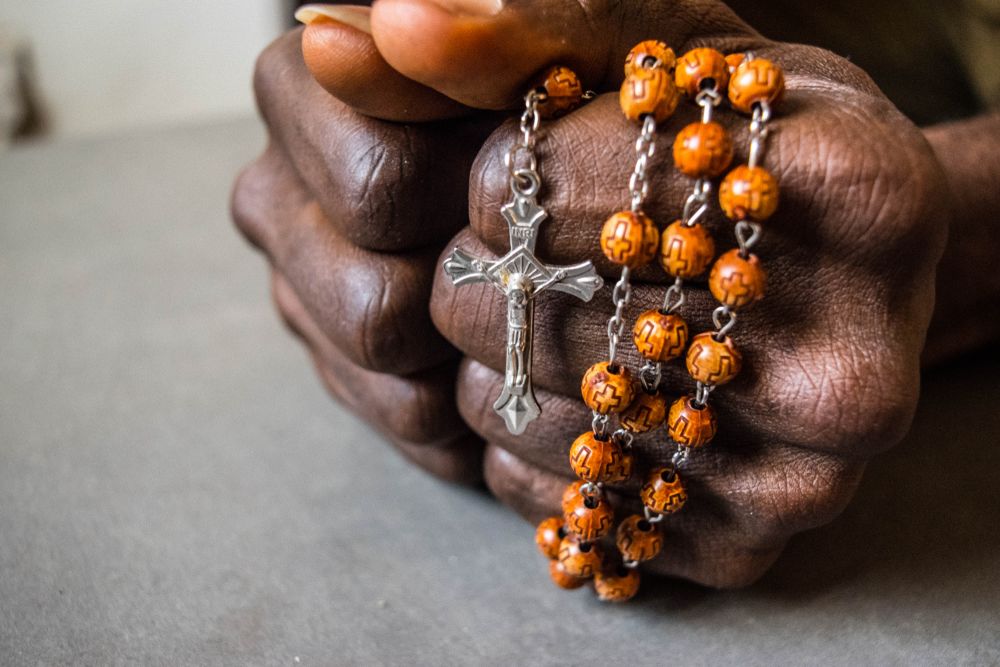Caritas News
Change starts with you
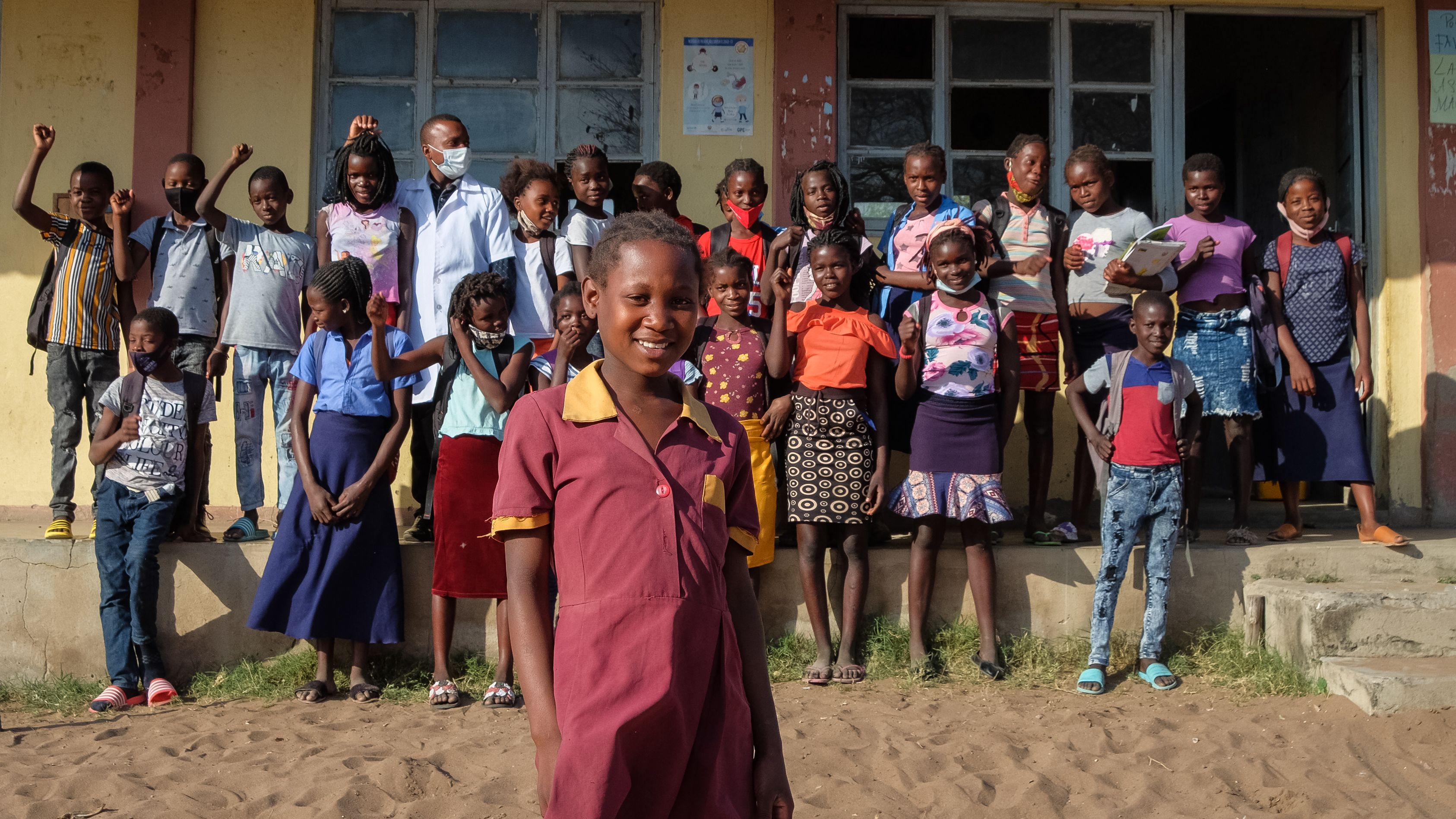
Thank You
The crisis in Ukraine has escalated to a frightening level, creating an imperative need for humanitarian support.
Many citizens have been displaced from their homes, and access to essential public services has been disrupted. The people of Ukraine need help today.
Caritas Australia has been working to support our partner, Caritas Ukraine. I ask you to please join me in prayer, so that our sisters and brothers in Ukraine may soon find peace.
In a world that is often filled with turmoil and uncertainty, we must never lose sight of all the wonderful glimmers of light that continue to spark, even in the blackest of nights. This is why I am so excited to share with you the inspiring stories from this year’s Project Compassion.
Now more than ever, communities across the globe impacted by drought, conflict and natural disasters, need us to stand firmly with them.
My personal involvement with Caritas Australia dates back to when I was in primary school, carrying around my Project Compassion box. I quickly discovered the power of giving and the impact that my contribution could have in the lives of others. Compassion is contagious and creates a ripple effect of kindness and prosperity.
Project Compassion 2022 tells the stories of five resilient and inspiring individuals whose lives and futures have been improved by the support of our partners, and by your unwavering generosity.
This year, we bring to you the story of young Anatercia from Mozambique, Biru from India, Rosalie from the Democratic Republic of Congo, Shaniella from the Solomon Islands, and Janice from the Northern Territory.
On behalf of everyone at Caritas Australia, I thank you for your support and compassion, and hope that you enjoy this edition of Caritas News.
With gratitude,

Chief Executive Officer,
Caritas Australia
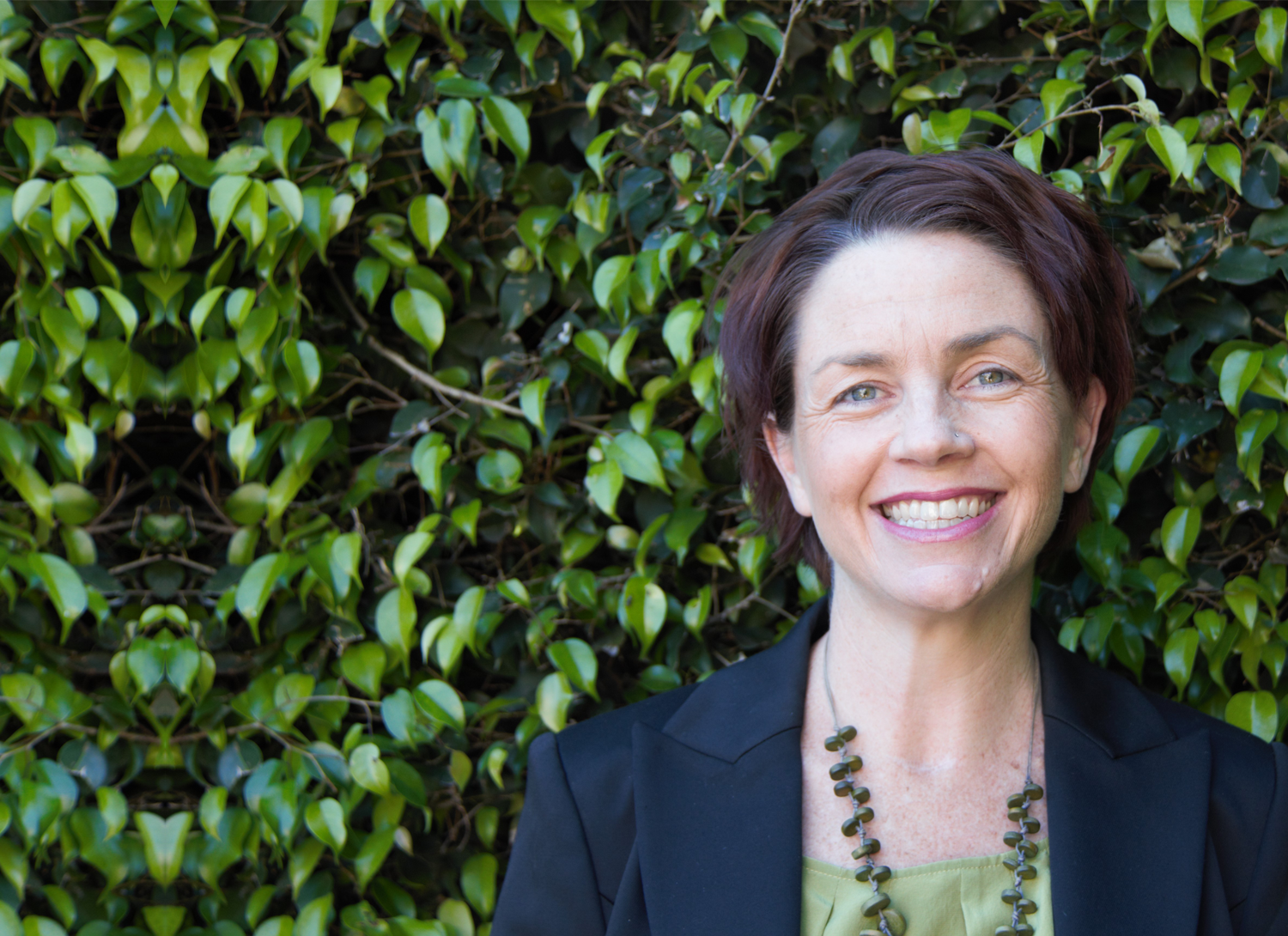
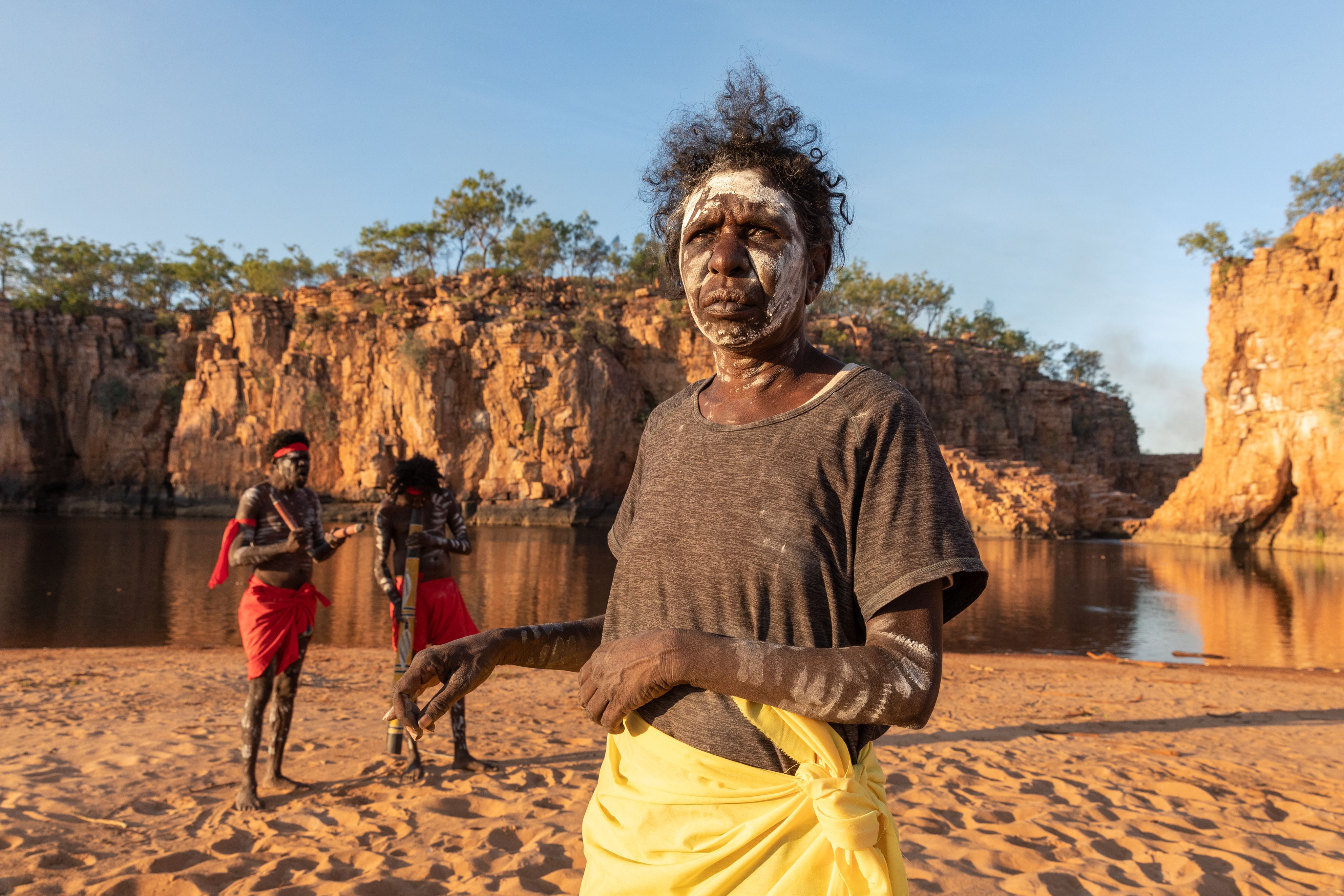
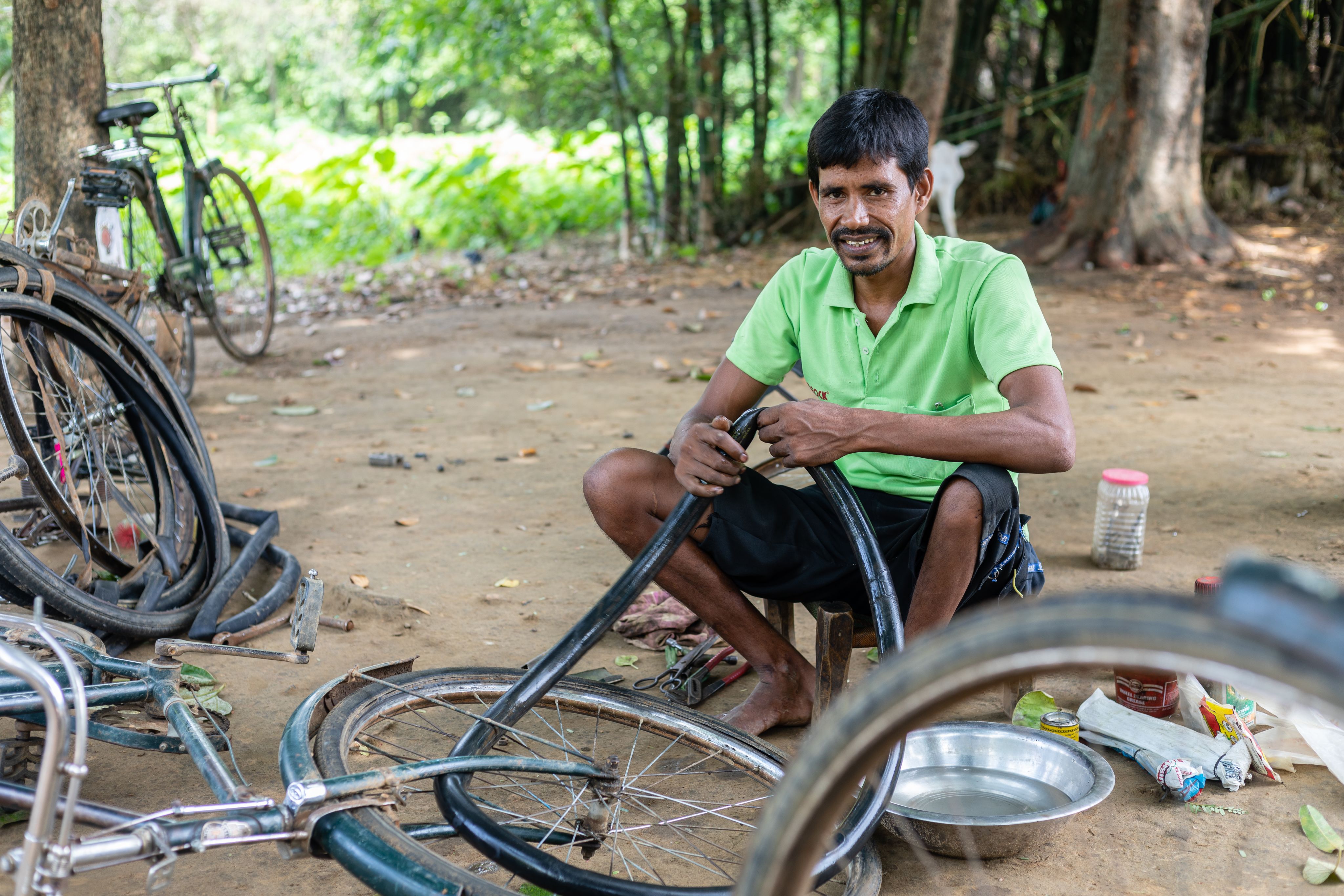
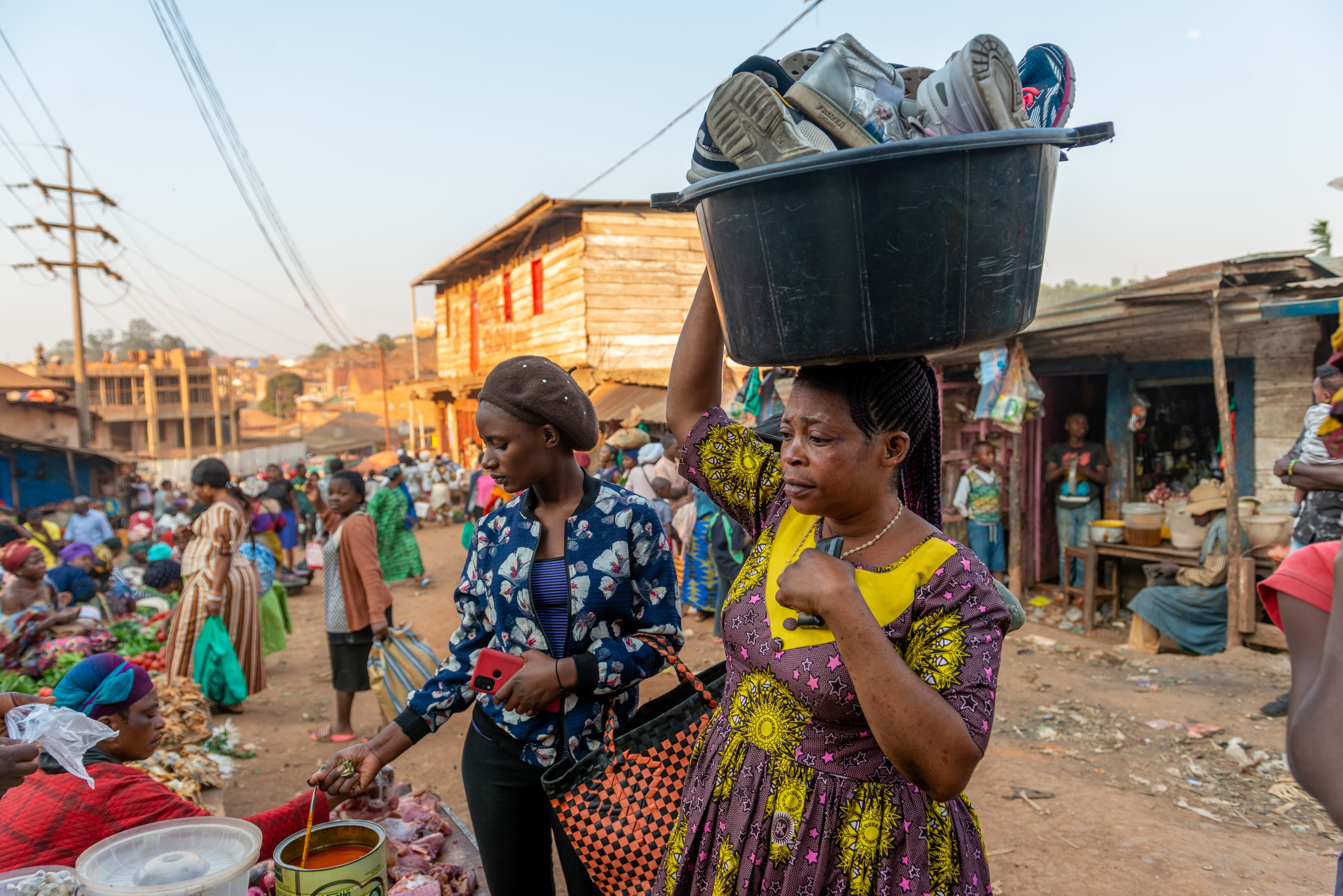
Update from Ukraine
Standing together in Solidarity
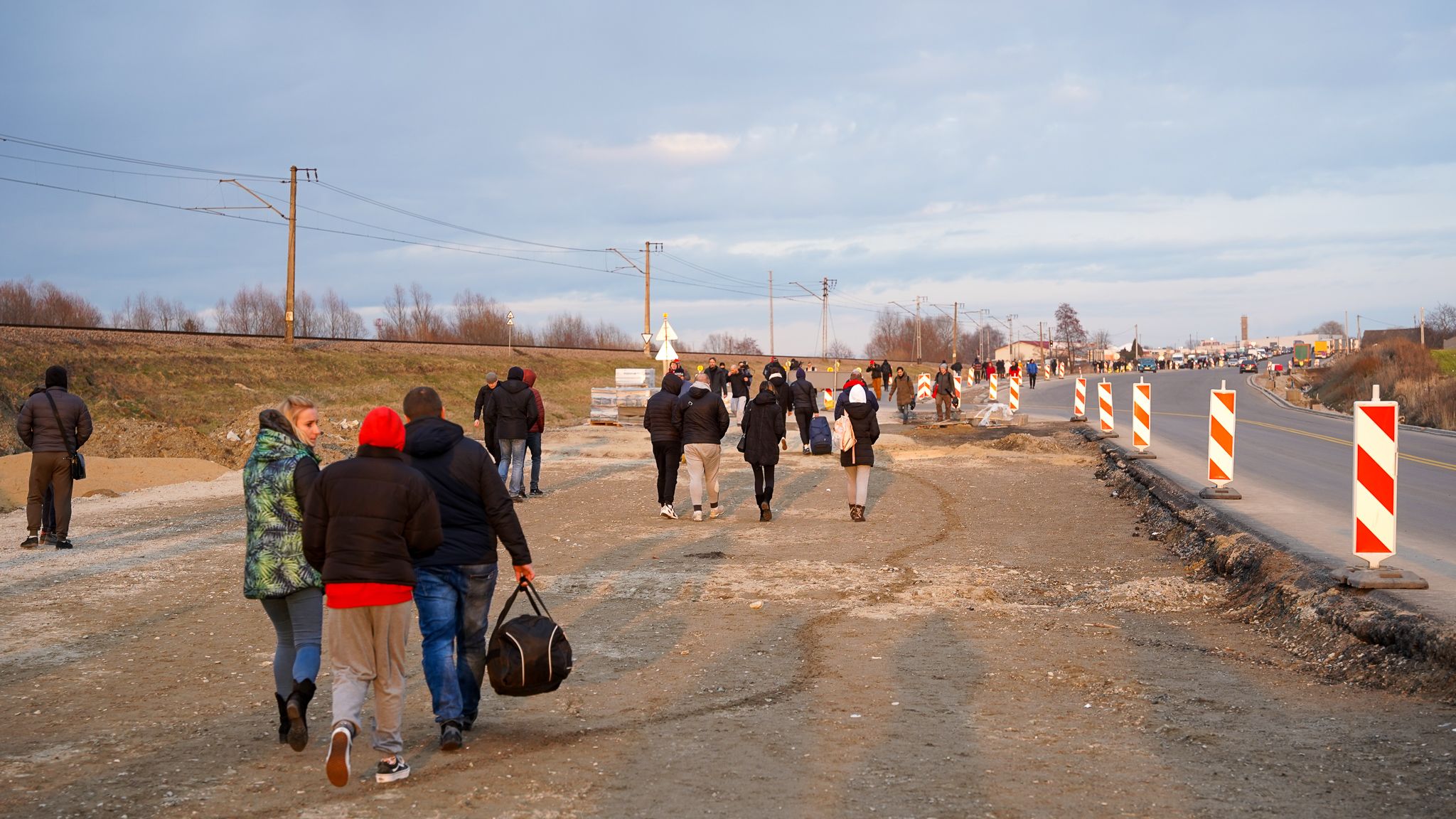
At the time this publication was created, the Ukrainian city of Mariupol was still being shelled, despite efforts to set up a humanitarian corridor to get the 400,000 residents to safety.
Russian bombs had destroyed a children’s and maternity hospital, with an estimated 17 people wounded from the attack. Humanitarian assistance convoys had also been sent to the Kyiv, Kharkiv and Zaporizhzhia with essential goods.
Although the number of people fleeing conflict had slowed, the immense need for humanitarian support has remained and the massive influx of displaced people is overwhelming existing response capacities.
Caritas Australia has been working closely with Caritas Ukraine to provide families and those affected by this crisis with much-needed support in the form of emergency food, water, shelter, psychological aid and transit centres for displaced families.
We have also maintained regular communications with the Ukrainian Eparchy in Australia, including Bishop Mykola Bychok, to provide updates on the work we have conducted in partnership with Caritas Ukraine.
To continue to provide assistance, Caritas Australia has launched the Caritas Australia-Caritas Ukraine appeal. Your urgent support today will provide immediate assistance to vulnerable communities impacted by this crisis.
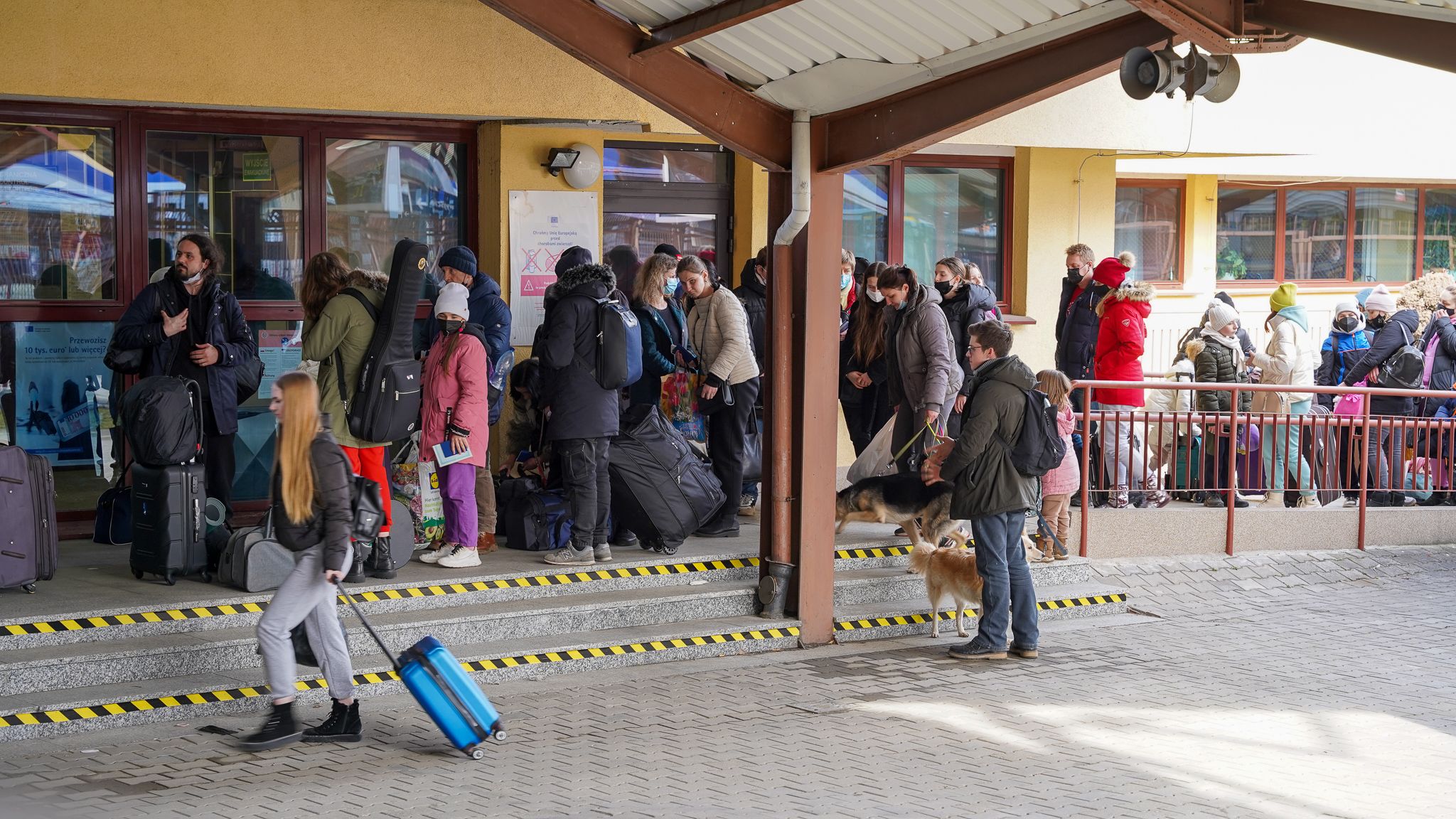
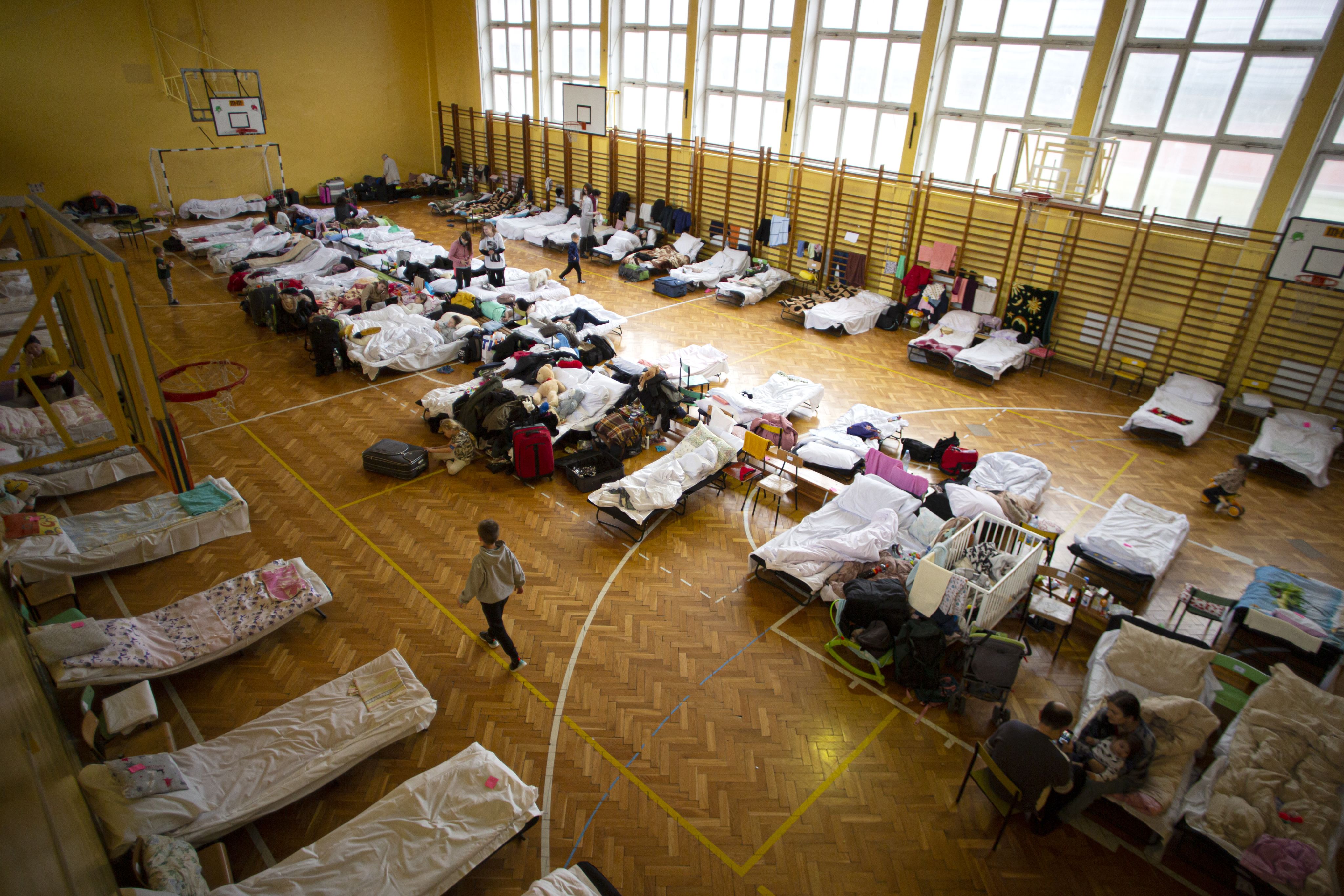
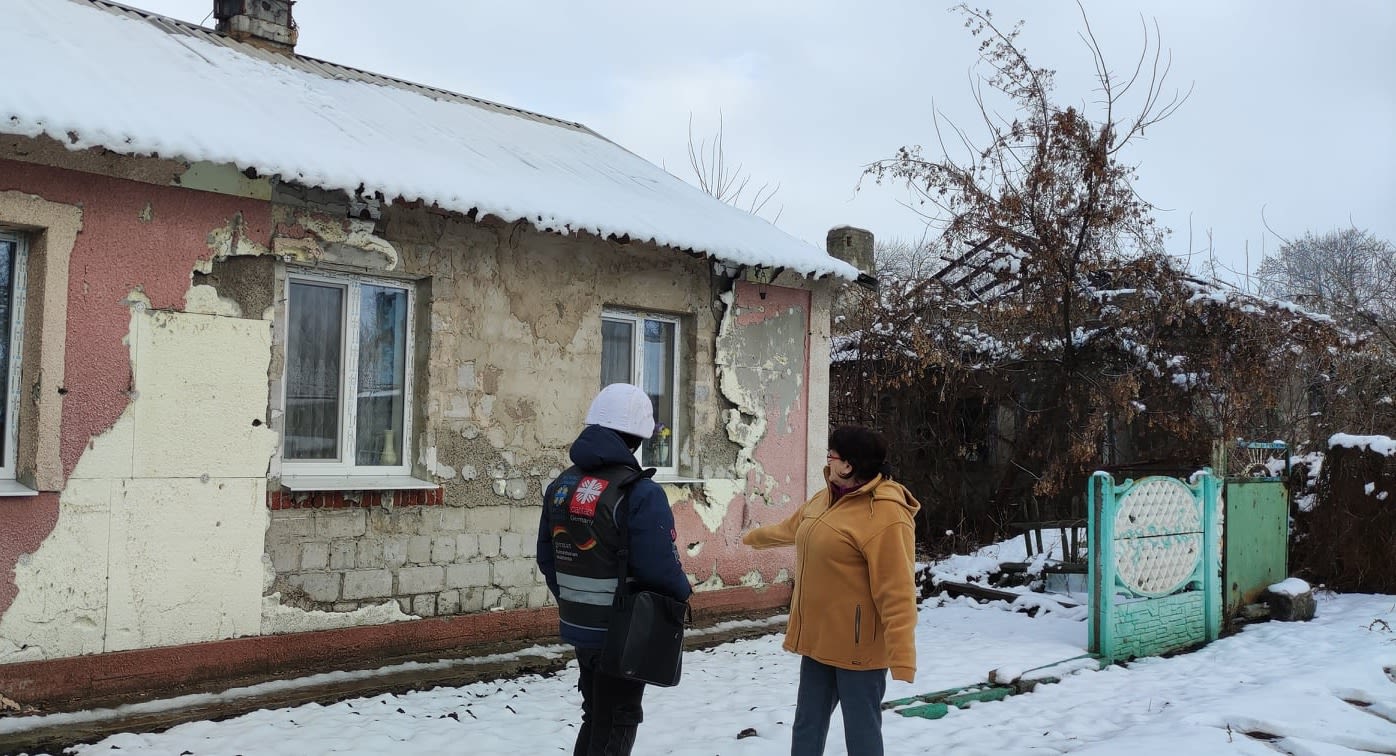
For all Future Generations
Theme of Project Compassion 2022
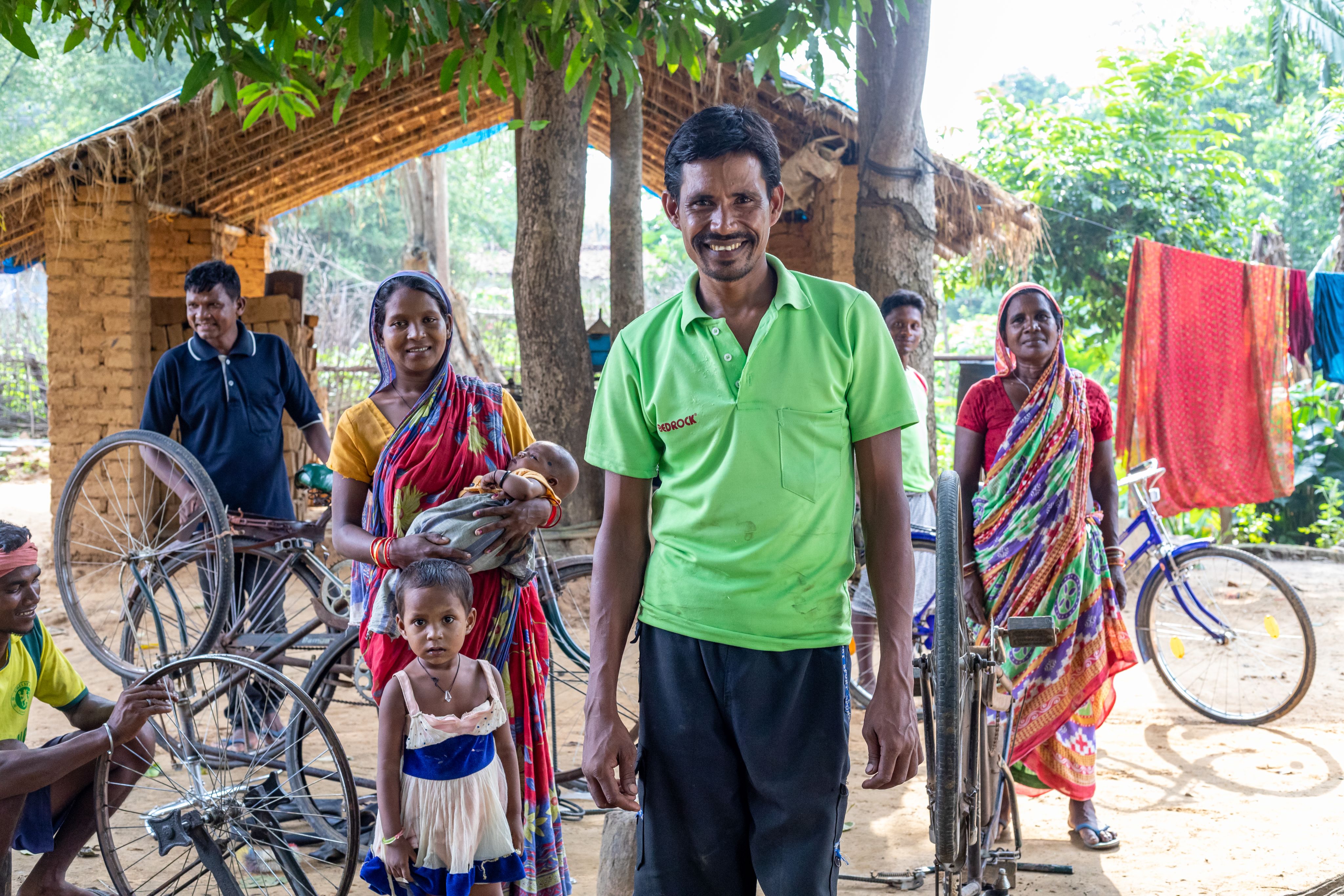
The theme of Project Compassion 2022 is ‘For All Future Generations’ and it is inspired by the biblical story of Noah’s Ark. More specifically, when the flood waters subsided, a rainbow appeared in the sky and the dove returned with an olive branch indicating a new beginning.
‘For All Future Generations’ implies a ripple effect, and in the context of Project Compassion, that the common good extends to future generations. The generosity and compassion we show today is the pebble that creates ripples that will improve the livelihoods of vulnerable communities, supporting them to flourish for generations to come.
It is an open invitation for everyone, as one human family, to do our part in making the world a better place by working together and finding solutions to global issues.
This is the sign of the covenant that I make between me and you and every living creature that is with you, for all future generations.
Visit the Project Compassion 2022 website to find out more.
Where are they now?
We caught up with some of the past faces of Project Compassion campaigns whose lives have been transformed thanks to your generous support.
From Thandolwayo in Zimbabwe (2019), to Shirley in the Philippines (2020) and Halima in Bangladesh (2021), your generosity gives vulnerable people across the world the support they need to face the challenges of today and build better and brighter futures.
Project Compassion 2019
Every morning, Thandolwayo would have to walk long distances to collect clean water for her family. Thanks to your generous support, Caritas Australia’s partner, Caritas Hwange, helped Thandolwayo’s community to install two solarpowered pumps and two 10,000 litre water storage tanks. Now at 14 years of age, Thandolwayo is excelling at school, particularly in English and Maths. She is now able to concentrate on her studies instead of spending hours collecting clean water, and fulfil her life-long dream of studying to be a nurse.
Project Compassion 2020
Shirley is a Manide woman from the Philippines. As her family’s sole breadwinner, she found it difficult to support her husband and four children. Thanks to your unwavering support, and through Caritas Australia’s local partner, the Socio Pastoral Action Center Foundation of Daet, Inc.(SPACFI), Shirley trained to become an indigenous health worker. She has now taken over her father’s role as tribal chieftain and has been able to lead her community through the COVID-19 pandemic.
Project Compassion 2021
For Halima, a Rohingya refugee living in the world’s largest refugee camp in Bangladesh, the past year has been particularly tough. Widowed at just 21, she fled escalating violence in Myanmar’s Rakhine State in 2017, arriving at the camp with nothing. She is caring for her two young children, as well as for her mother who has a disability. Halima is now earning an income from her hygiene training role with Caritas Bangladesh. Through this role, she is helping the community to prevent the spread of COVID-19, as best they can in the crowded conditions with limited access to water, soap and masks.
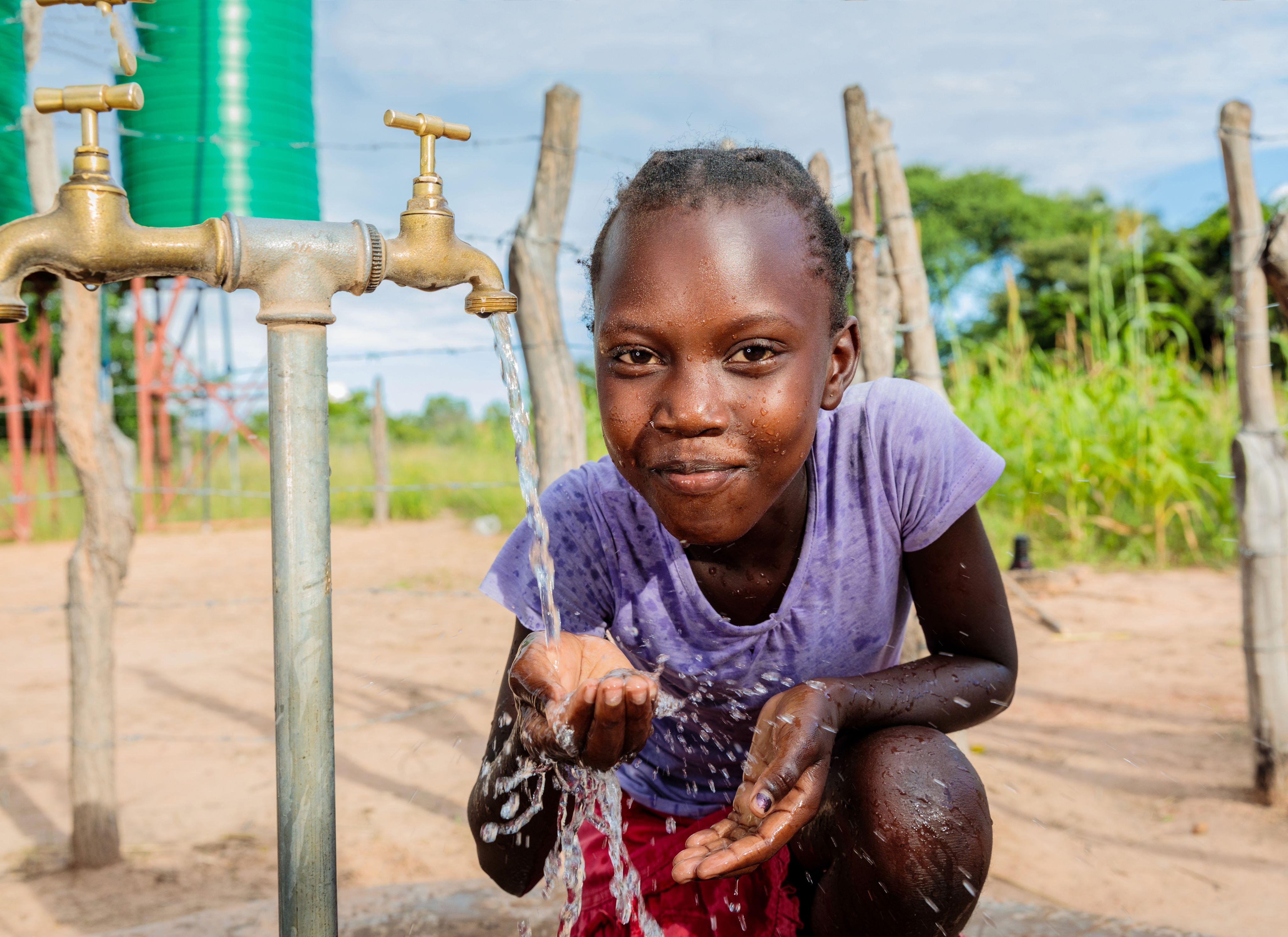
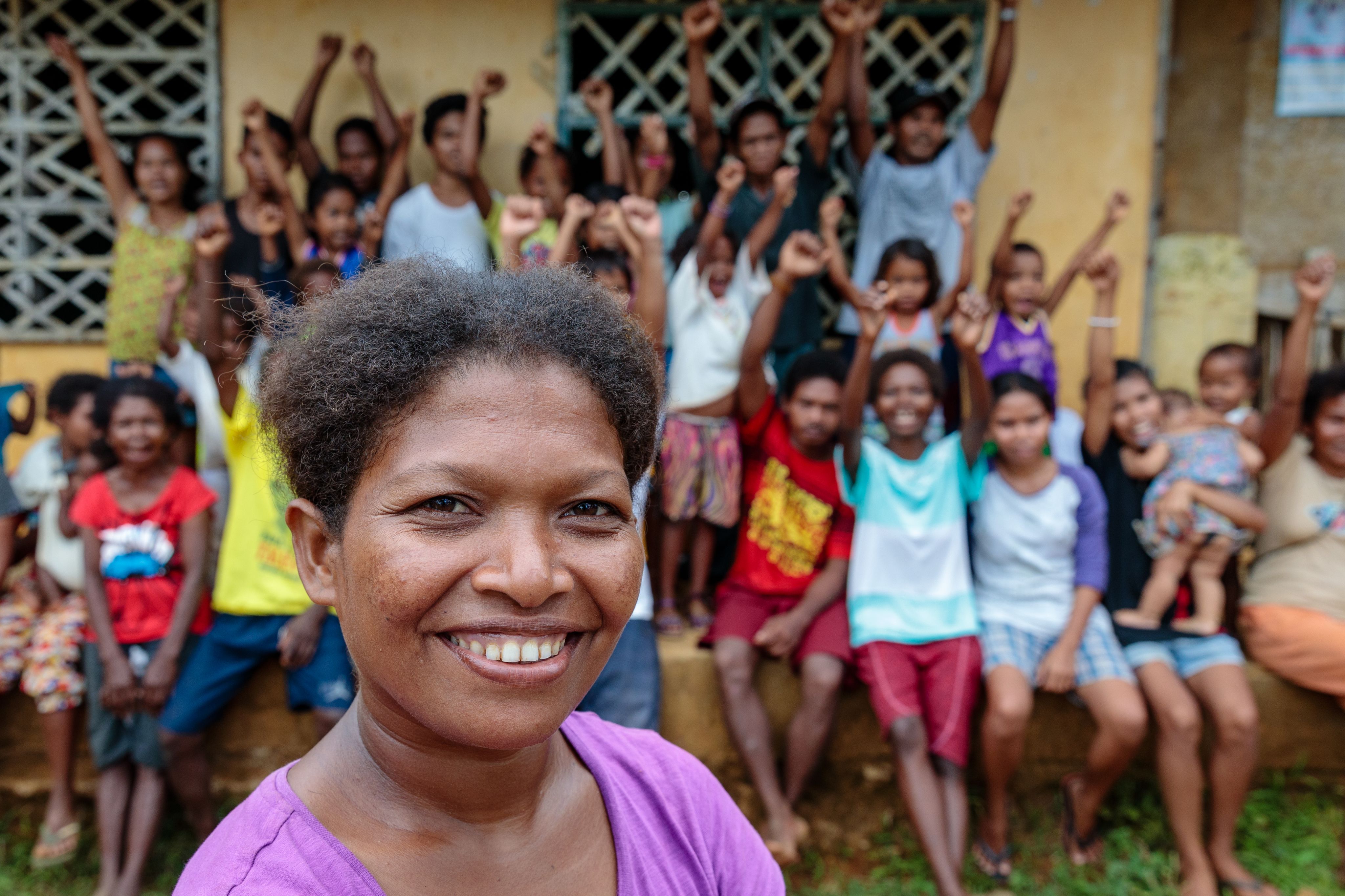
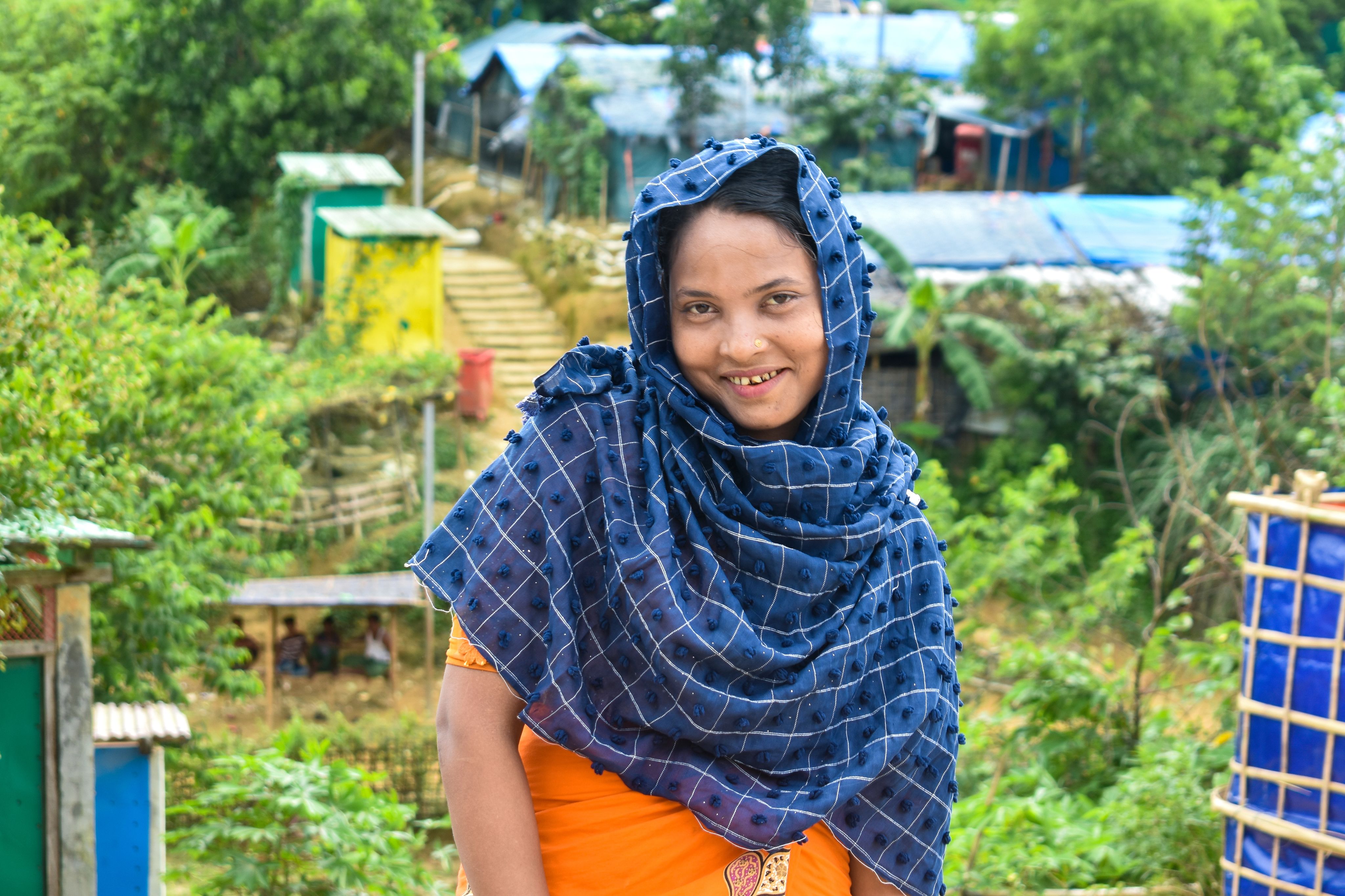
Preserving Indigenous culture and traditions
Stories from the Northern Territory
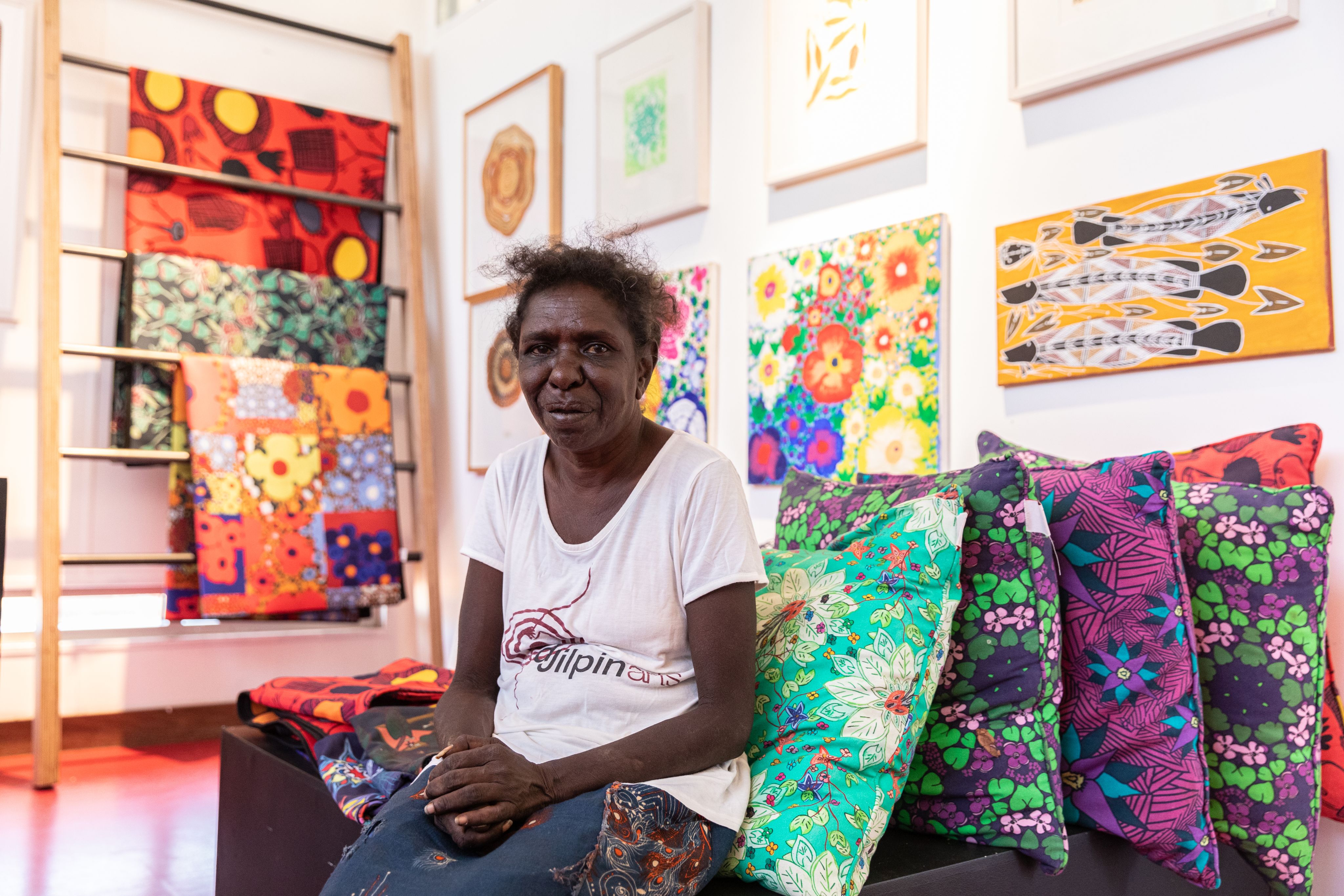
This year, Project Compassion brings to you the story of a Wagilak woman working to pass down the traditions of her culture.
Janice is a traditional dancer who tells stories through movements handed down over generations. Her commitment to pass down Indigenous traditions has led her to become an integral member of Djilpin Arts and a leader in her community.
Like many other Artsworkers, she feels strongly about the important role that Djilpin Arts plays in keeping culture alive and strong in the community.
Janice believes that the cultural activity that Djilpin Arts promotes and facilitates can actually decrease marginalisation in her community.
According to the United Nations, traditional knowledge is communicated between generations through stories, songs, dances, carvings, paintings and performances.
Through the years, and as different cultures continue to blend in together, many of these traditions have been lost or are at risk of extinction.
With your generous support, Djilpin Arts works with Indigenous communities in the Northern Territory to help them gain new culturally appropriate skills that will
not only provide financial stability to the community but preserve Indigenous traditions.
Djilpin Arts advocates for remote communities while also protecting and sharing indigenous traditions. It supports cultural enterprises, all while supporting artists in the community with an income.
Elders run workshops and share their knowledge with the younger generation and with visitors. Local guides run bush cultural tours and architect-designed tourist accommodation is available.
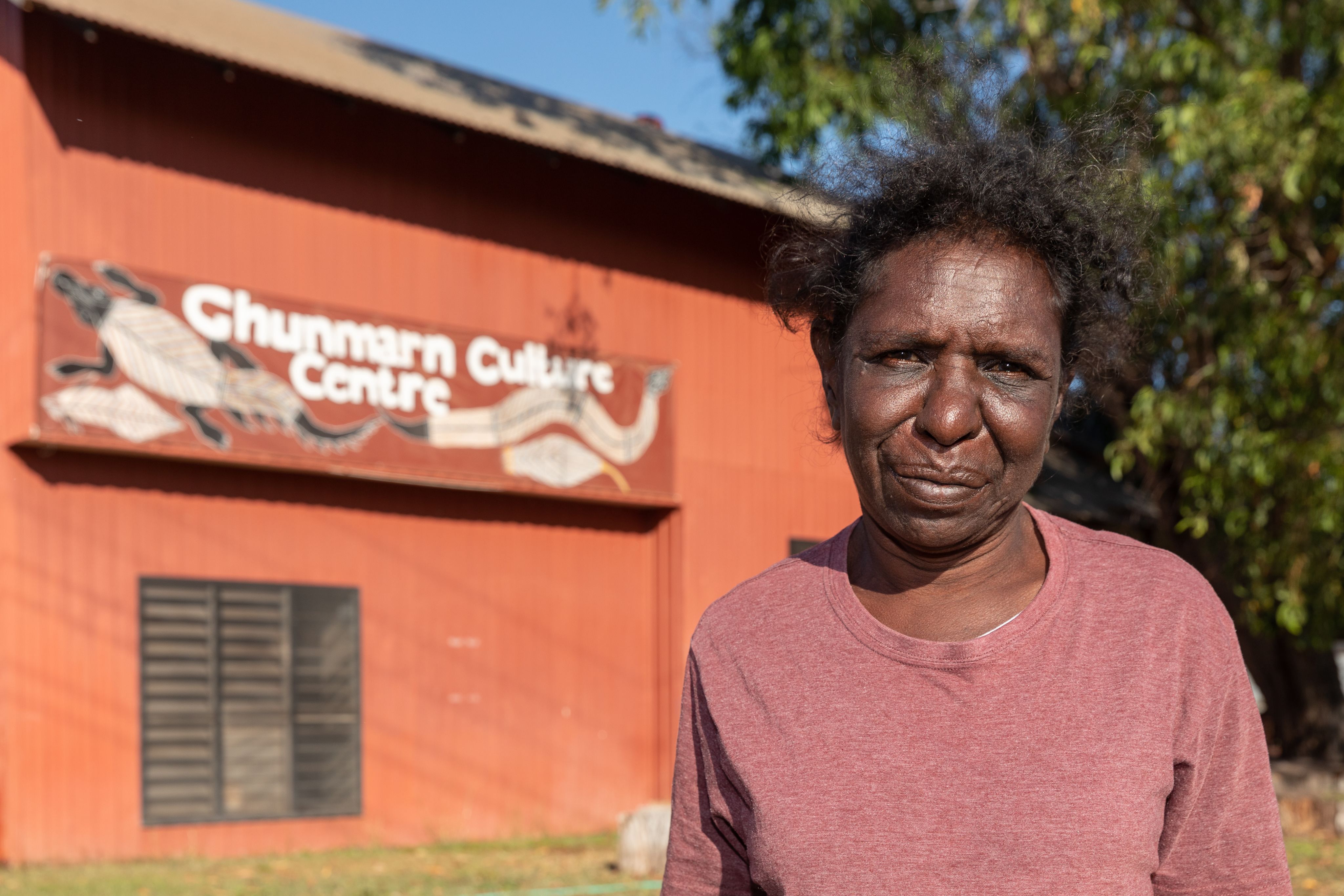
Janice outside the Ghunmarn Culture Centre. Photo: Richard Wainwright/Caritas Australia.
Janice outside the Ghunmarn Culture Centre. Photo: Richard Wainwright/Caritas Australia.
“With many elders gone, we must transfer knowledge, to keep a connection to culture and nurture future leaders. Me and my family, we keep the culture going, we need to keep our culture strong.”
Shining a Spotlight on Africa
Stories of strength
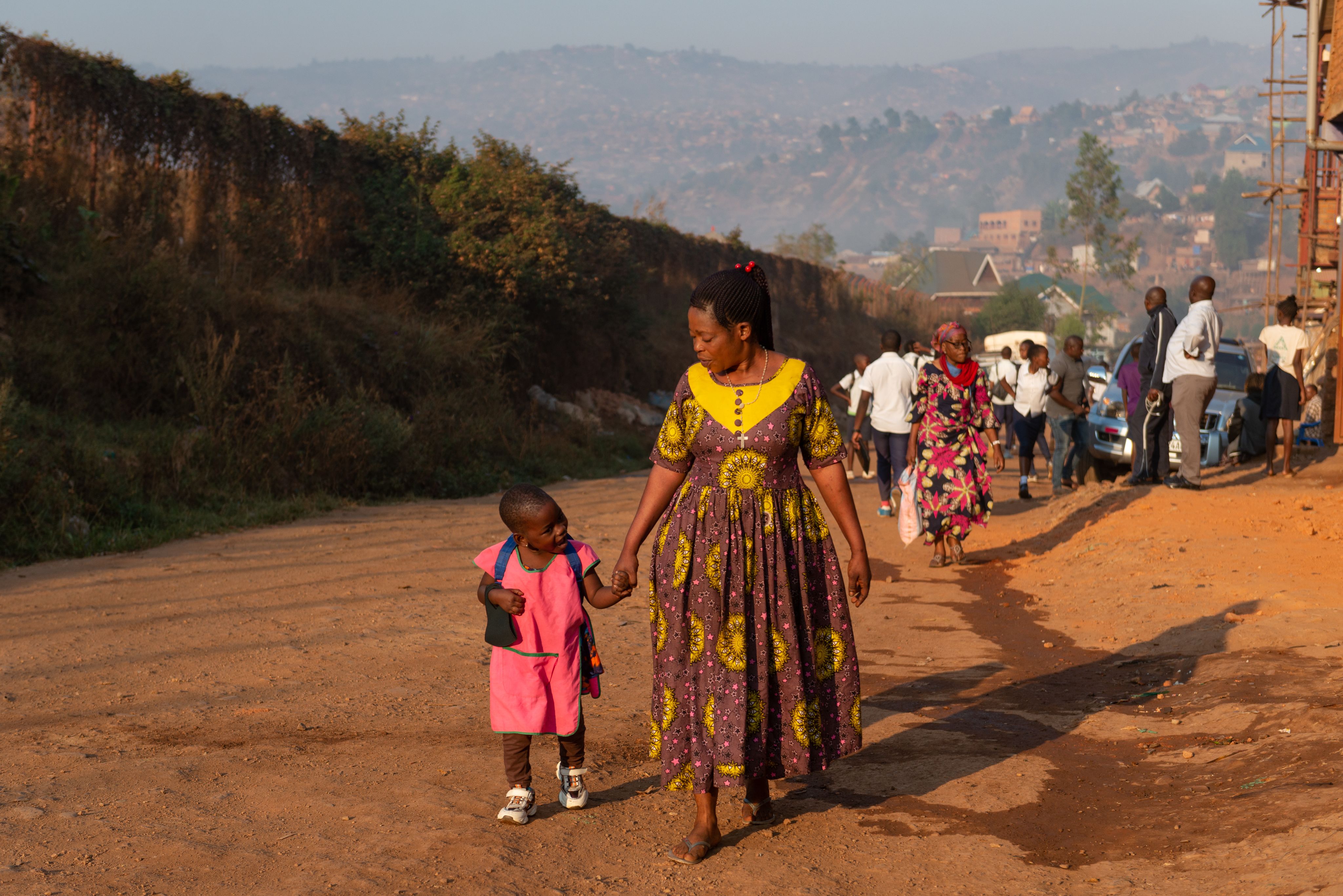
“With the help of Caritas Australia, my life changed because I was able to study up to 5th grade and attend 6th grade this year. I am also able to help my elderly grandmother and she teaches me the housework in addition to taking care of my mother."
Program Snapshot
54 Farmers harvested and sold approximately 37 tons of crops.
202 People were trained in sustainable agriculture irrigation practices.
180 School students were able to continue their education.
Anatercia's story
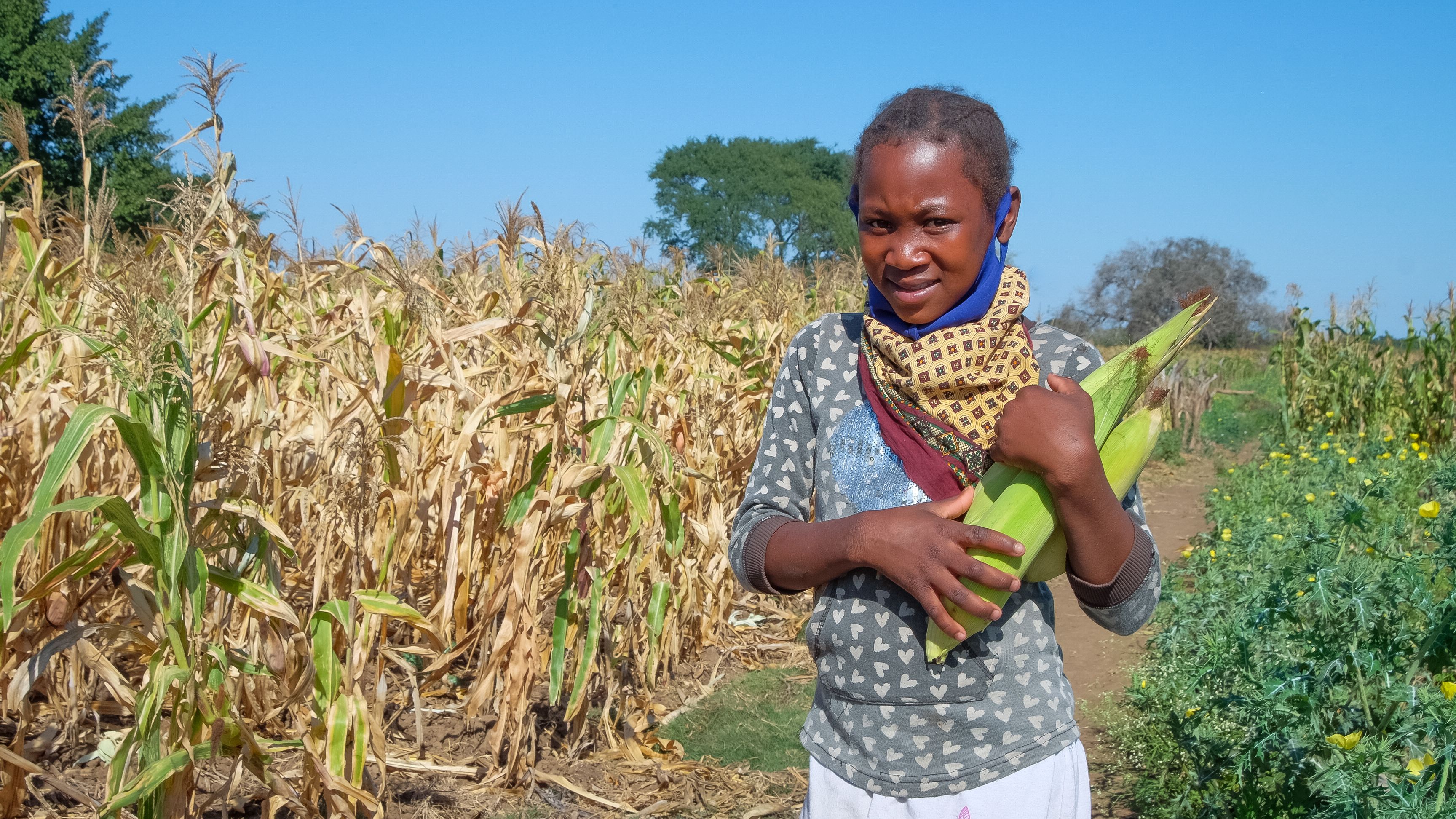
Anatercia carries corn next to her fields. Photo: Emidio Josine/Caritas Australia
Anatercia carries corn next to her fields. Photo: Emidio Josine/Caritas Australia
Anatercia, a 12-year-old girl living in southern Mozambique, was struggling to cope with adult responsibilities after her father passed away. She had to walk nearly five hours every day to collect water, leaving her with little time to focus on her education. Thanks to your generosity, Anatercia and her family participated in the Integrated Rural Development Program, supported by Caritas Australia’s partner, Caritas Regional Chokwe, which provided them with water, food, seeds, school supplies and a school uniform for Anatercia.
The program has changed the lives of members of Anatercia’s community by providing knowledge and information around children’s rights and girls education, access to safe and clean water, as well as sustainable agricultural production skills.
Now, Anatercia can easily access clean drinking water, community members are able to grow healthy crops all year round, sell excess vegetables to earn a small income to pay for school fees, and there is enough nutritious food to eat. Anatercia has more time to study and do her homework and hopes to fulfil her dream of becoming a nurse.
Rosalie's story
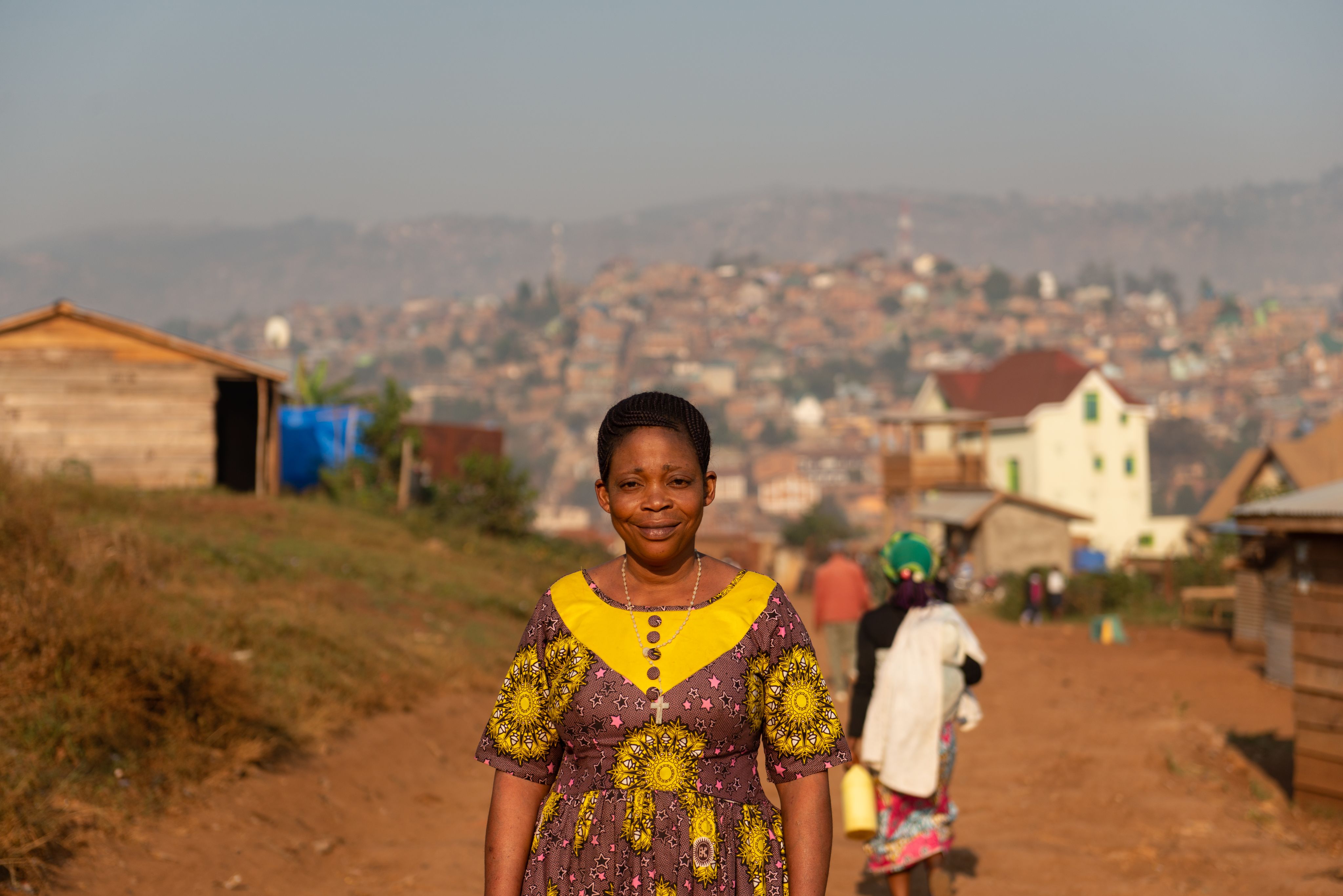
Rosalie near her home in the Democratic Republic of Congo. Photo: Arlette Bashizi/Caritas Australia
Rosalie near her home in the Democratic Republic of Congo. Photo: Arlette Bashizi/Caritas Australia
When Rosalie was only 15 years old, she was forced to join the army and made to transport munitions to soldiers on the battlefield.
Upon leaving the army she was eager to start a new life, free from violence, but like many ex-combatants, Rosalie found the challenge to adjust to civilian life overwhelming.
With her childhood and education cut short by the war, she had missed out on developing skills that would help her to find secure employment.
With your support, Rosalie was able to participate in the Protection and Re-Integration of Ex-Combatants program, where she learnt business and social skills. Supported by Caritas Australia’s partners, Catholic Agency for Overseas Development (CAFOD) and Caritas Bukavu, the Protection and Re-Integration of Ex-Combatants program supports ex-combatants to integrate back into society and deal with the trauma they have faced.
Program Snapshot
600 Ex-combatants received business skills training.
35 Saving and Internal Lending Community (SILC), groups were provided with start-up kits.
People were provided post trauma counselling to help them reintegrate into society.

Rosalie picking up her youngest daughter from school. Photo: Arlette Bashizi/Caritas Australia.
Rosalie picking up her youngest daughter from school. Photo: Arlette Bashizi/Caritas Australia.
Importance of providing opportunities to vulnerable communities
Biru and Shaniella's stories
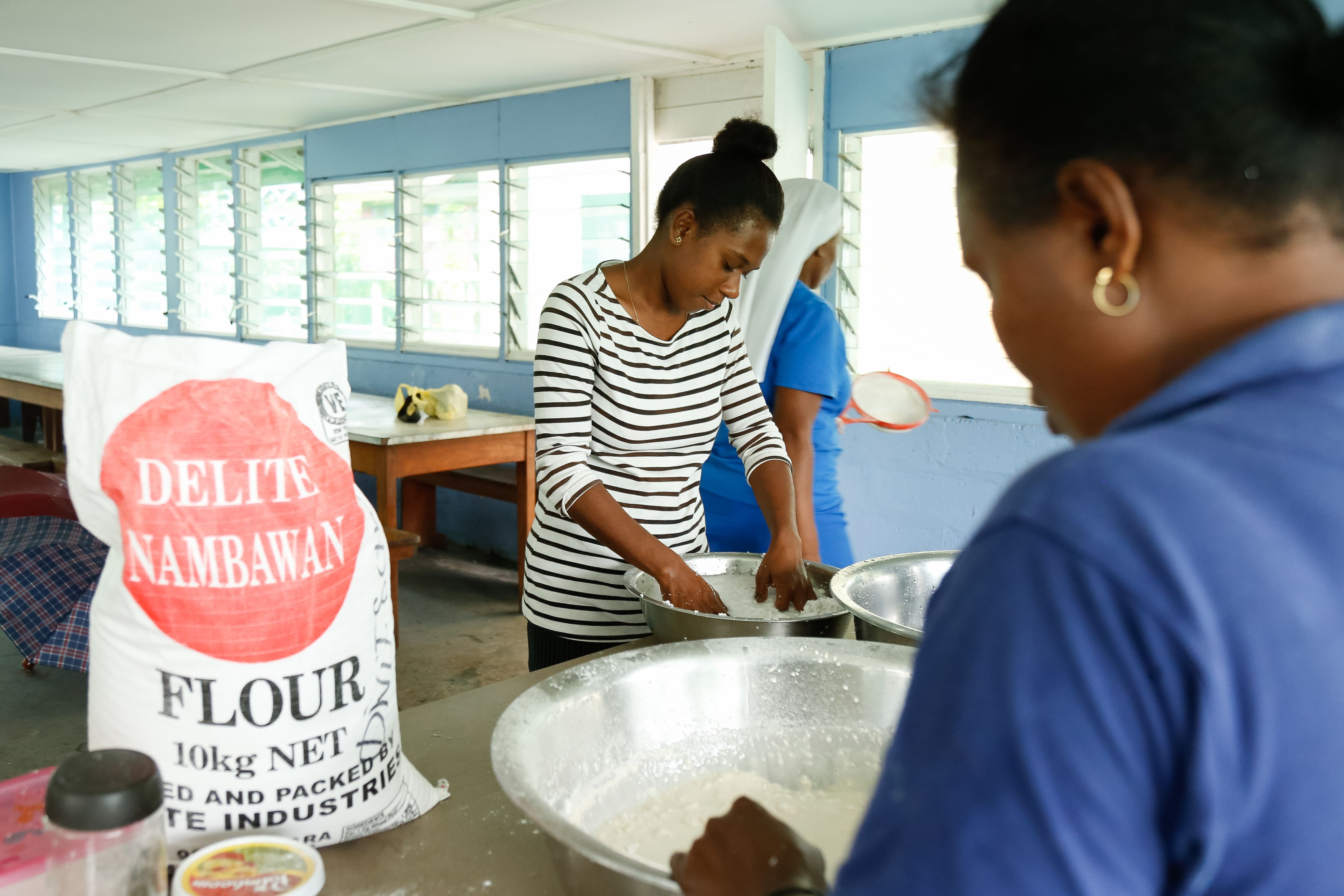
Biru's story
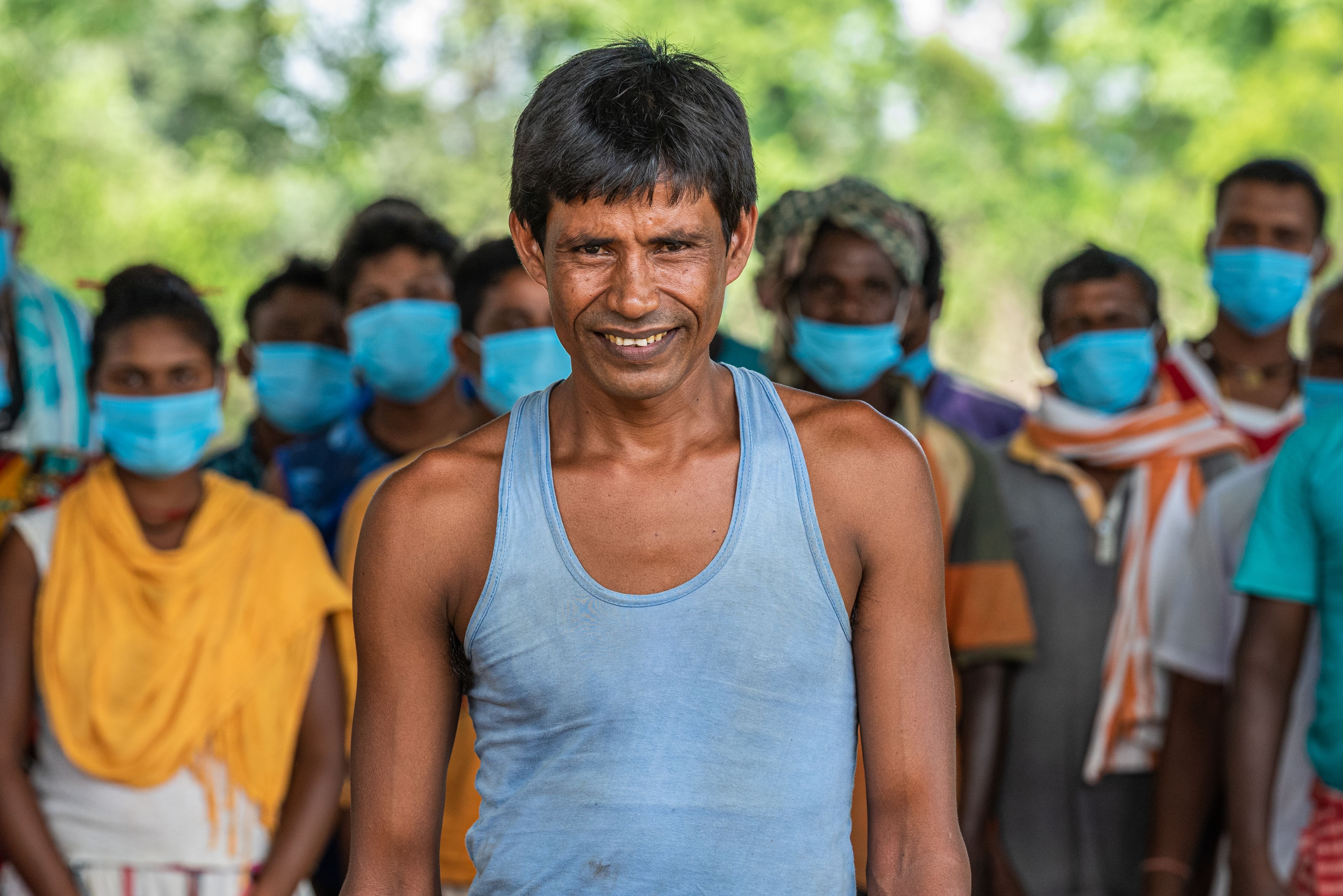
Biru with community members after a meeting. Photo: Sameer Bara/Caritas Australia.
Biru with community members after a meeting. Photo: Sameer Bara/Caritas Australia.
Biru lives in a rural village in India. He lost mobility in one of his legs after contracting polio as a child, which makes it difficult for him to walk.
A member of India’s Ho ethnic minority population, Biru started to work as a shepherd from a young age, looking after other people’s cattle.
He continued this work, after he married his wife, Budhni and had four daughters, even though keeping up with the cattle was a challenge.
Over 26 million people who have a disability in India also live in poverty. A further 69 percent of the population living with a disability reside in rural areas which makes access to support services, education and employment an even greater challenge.
Discrimination can further limit job opportunities and lead to social exclusion. In 2016, Biru joined the Community Led Development and Governance program, which is supported by Caritas Australia.
Through your generosity, the program works with tribal communities and vulnerable groups, such as people living with a disability, women and the elderly. It supports the development of small businesses; to improve farming and financial management skills, which helps increase incomes. Undertaking the program helped Biru to realise his potential.
Although Biru had taught himself to repair bicycles by watching other people, Biru never dreamed of using his skills to start his own business. With your generous support, Biru was able to gain the skills and support he needed to establish his own bicycle repair business.
Looking at others who did not have a disability, I wondered what it was like to be them. I was wondering how to look after my family.
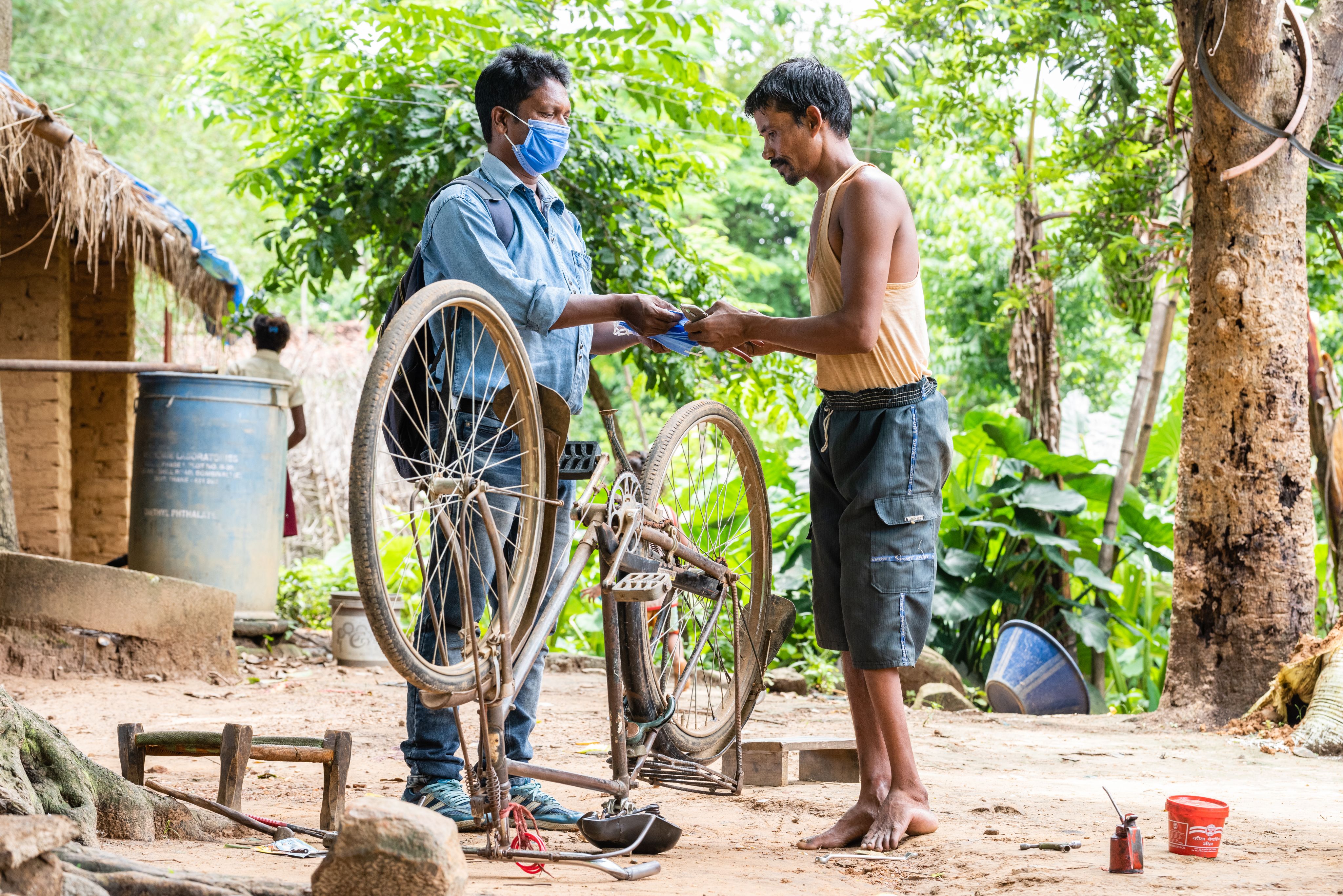
Biru receives a face mask before a community meeting. Photo: Sameer Bara/Caritas Australia.
Biru receives a face mask before a community meeting. Photo: Sameer Bara/Caritas Australia.
Shaniella's story
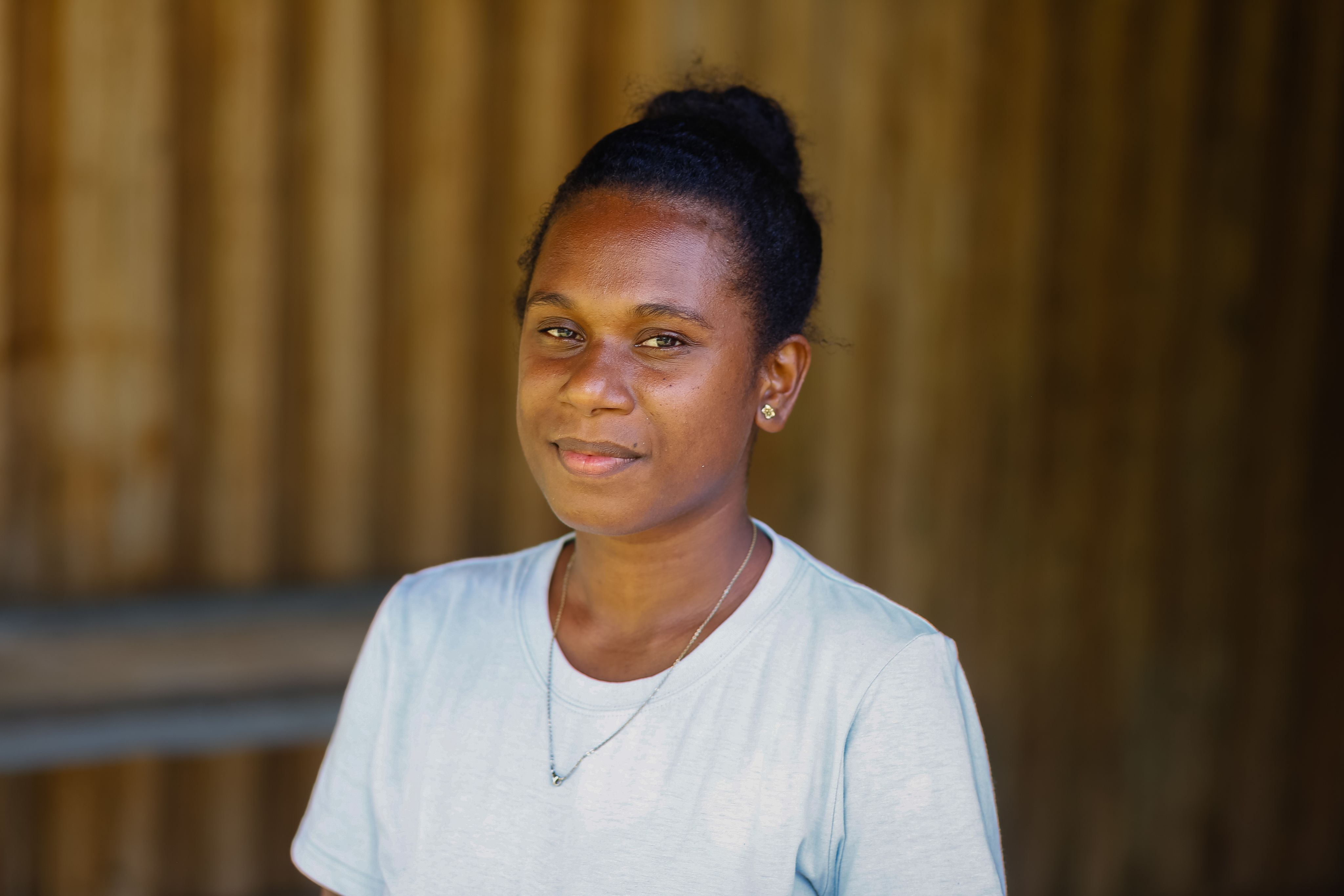
Shaniella at the Rural Training Centre. Photo: Neil Nuia/Caritas Australia.
Shaniella at the Rural Training Centre. Photo: Neil Nuia/Caritas Australia.
BShaniella grew up in a small village in the Solomon Islands. In 2020, she moved away from home to study at the Rural Training Centre outside Honiara.
The vocational school is supported by Caritas Australia Solomon Islands (CASI), through the Happy, Healthy, Holistic Community Development program. Shaniella chose to study hospitality and tourism, in addition to compulsory subjects, like life skills, cooking, sewing and agricultural production. However, not long after she commenced her studies, the school was hit by a landslide, flooding, and a cyclone, all in quick succession.
“I was in school when the landslide occurred. I was devastated because I had no knowledge of what to do and where to get information. I saw students in the school panic, I could hear people’s screaming, crying and shouting, as if the world is going to end."
Girls’ and women’s participation in secondary education, training and employment in the Solomon Islands is significantly lower compared to male students. Limited opportunities in remote areas, few live-in facilities at colleges and community attitudes relating to the traditional roles of women, all contribute to lower participation rates of women.
With your ongoing support, the Happy, Healthy, Holistic Community Development program, delivered by CASI, helps young women learn vocational skills like cooking, sewing, agriculture and livestock, as well as Disaster Risk Reduction (DRR) training.
With the help of supporters like you, CASI was able to assist the school by installing eight water tanks.
This restored students’ access to clean drinking water and the tanks also supplied water to nearby schools, health centres and the wider community.
CASI also provided the school with improved planting materials, 200 chickens, and training in agricultural skills and poultry management, to help boost food security.
“My sister thought it would be a good opportunity for me to participate. Thanks to the training provided by the program, I now feel ready and better-prepared for disasters.”
Now, Shaniella can complete her skills training, with enough water and food to eat, as well as better hygiene and sanitation. She is improving her ability to earn an income, learning skills which will expand her job opportunities.
The school community has increased and diversified its crop supply and its number of poultry has quadrupled. Students are also better prepared to respond when disaster strikes.
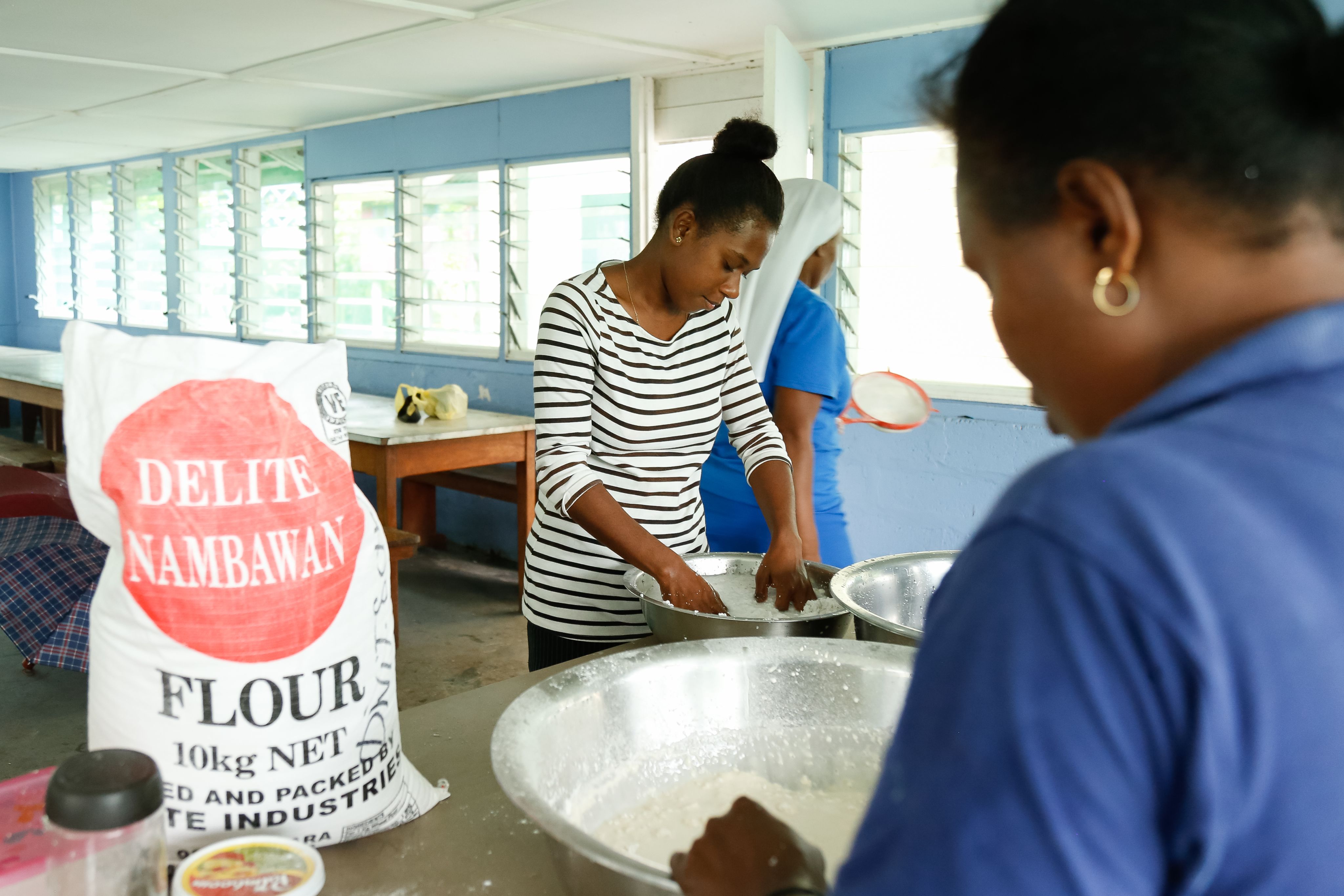
Shaniella is taught how to prepare food at the Rural Training Centre. Photo: Neil Nuia/Caritas Australia.
Shaniella is taught how to prepare food at the Rural Training Centre. Photo: Neil Nuia/Caritas Australia.
Our Community
Stories from the local communities in Australia

Pancake Tuesday Extravaganza
During Lent, Caritas Australia invites everyone in our community to host their own fundraising events and donate to Project Compassion.
Each year, members of schools and parishes across Australia are brought together in the name of generosity, to help improve the livelihoods of people living in vulnerable and marginalised communities.
Activities kick off with Shrove Tuesday which gets its name from the ritual of shriving, which Christians used to undergo in the past.
In shriving, a person confesses their sins and receives absolution for them. When a person receives absolution for their sins, they are forgiven and released from the guilt and pain that they have caused them. You may be wondering ‘what does this have to do with pancakes?’.
Shrove Tuesday was the last chance for a spot of indulgence before commencing the traditional 40 days of fasting. It was also an opportunity to use up food that couldn’t be eaten during Lent. This included eggs, fat and milk, which were made into pancakes and eaten on that day.
As part of their fundraising efforts, parishioners at St John’s, Numurkah flipped pancakes to raise money for communities in need.
Rosary School in Prospect, South Australia also held their own Pancake Tuesday, with pancakes for everyone. Parents volunteered to prepare more than 450 pancakes. Students were asked to bring a gold coin donation for their classroom prayer table Project Compassion box. Through the school’s social justice initiatives this year, they took this opportunity to “Awaken their Minds” on how to let our light shine and live out their Gospel values.
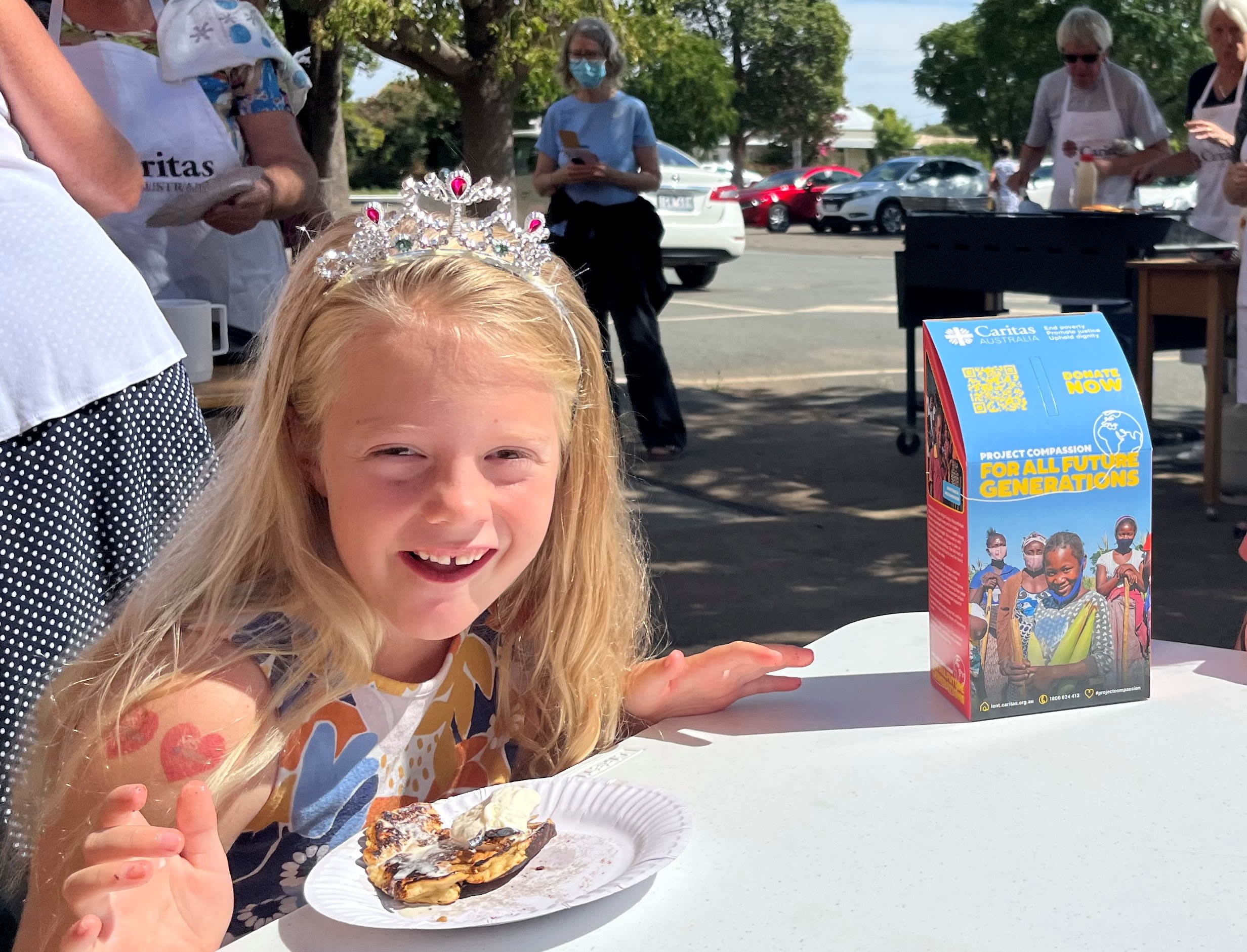
Girl enjoying pancakes on Project Compassion Sunday at St John's Numerkah, Victoria.
Girl enjoying pancakes on Project Compassion Sunday at St John's Numerkah, Victoria.
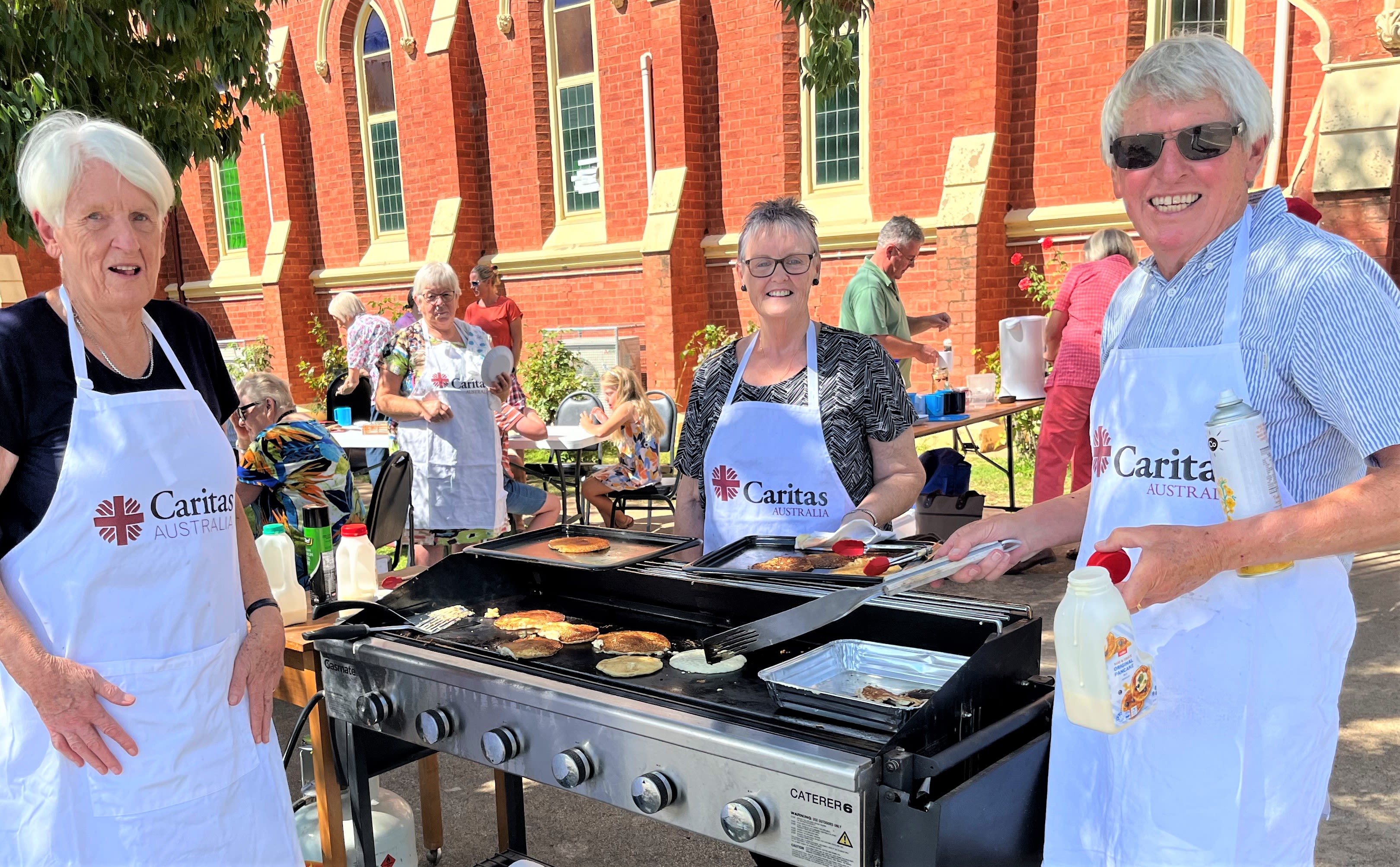
Parishioners of St John's Numerkah, Victoria, making pancakes for Project Compassion Sunday.
Parishioners of St John's Numerkah, Victoria, making pancakes for Project Compassion Sunday.
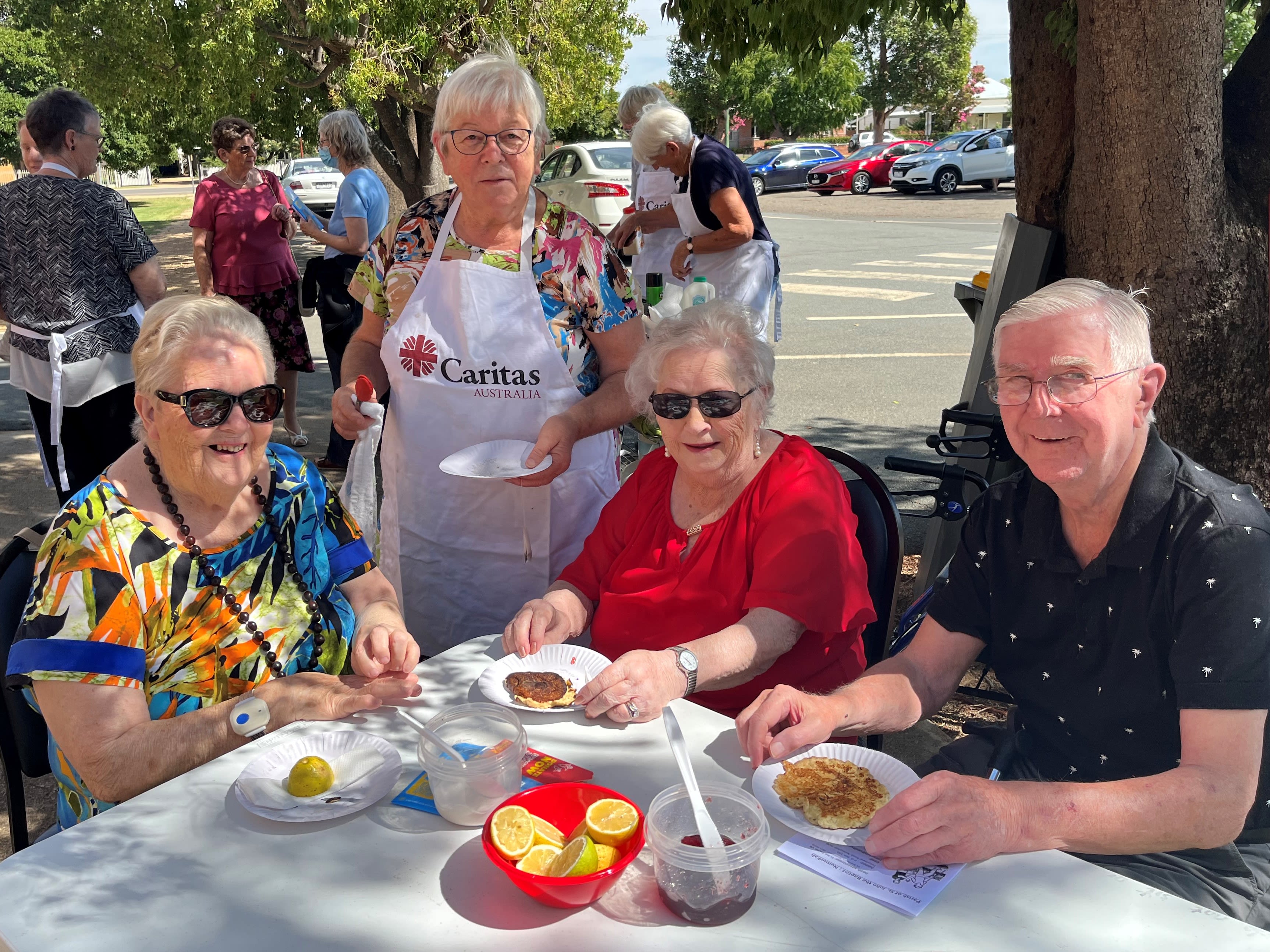
Parishioners of St John's Numerkah, Victoria, enjoying pancakes on Project Compassion Sunday.
Parishioners of St John's Numerkah, Victoria, enjoying pancakes on Project Compassion Sunday.
Launch of Project Compassion at Mercy College
At Mercy College, Coburg, Shrove Tuesday had a little more in store than just pancakes.
On Tuesday 1st March, our College, located in the northern suburbs of Melbourne, Victoria, had the honour of launching this year’s Project Compassion.
Given that compassion and caring for those in need are the heart of our school’s core values, it is such a privilege to be able to participate in and host this wonderful event.
The theme of this year’s Project Compassion is ‘For All Future Generations’, and it invites us to work today for a better tomorrow.
I believe that education lies at the very centre of this year’s theme, and through the power of knowledge and opportunity, helps put an end to vulnerability and poverty.
Due to COVID-19 restrictions, the launch of Project Compassion 2022 looked slightly different than in previous years.
Approximately 60 student leaders were present at the launch, as well as members of staff.
Archbishop Peter A. Comensoli from the Archdiocese of Melbourne also attended the event, and shared words of wisdom, reminding us all about the importance of love, generosity, kindness and compassion.
I am certain that I speak on behalf of all Catholic schools in Victoria and across Australia when I say that the principles we uphold are directly aligned with those of Caritas Australia.
We are committed to upholding dignity and hope for humanity and all of God’s creation through our social justice initiatives, and hope that our contribution and participation in Project Compassion 2022 has a deep and powerful impact on the communities that Caritas Australia serves.
With regards,
Lila McInerney
Principal at Mercy College
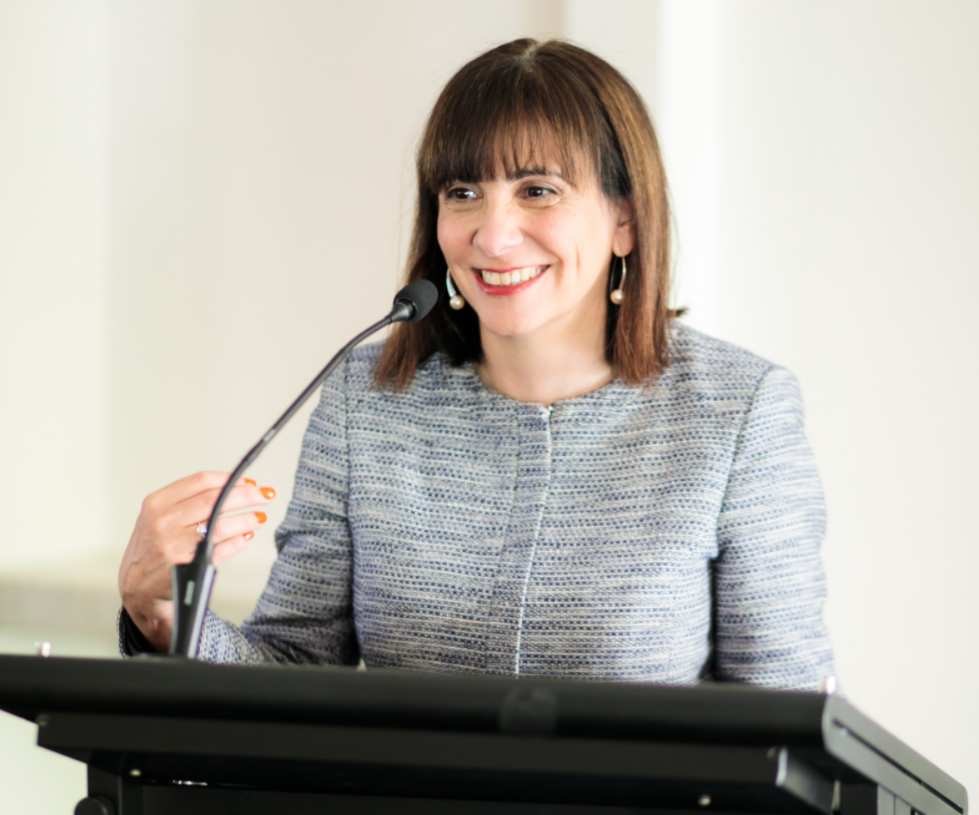
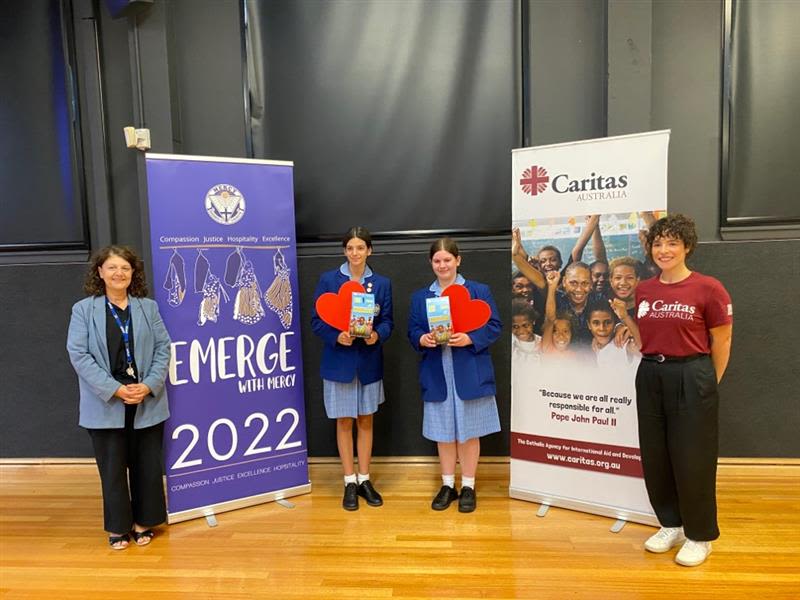
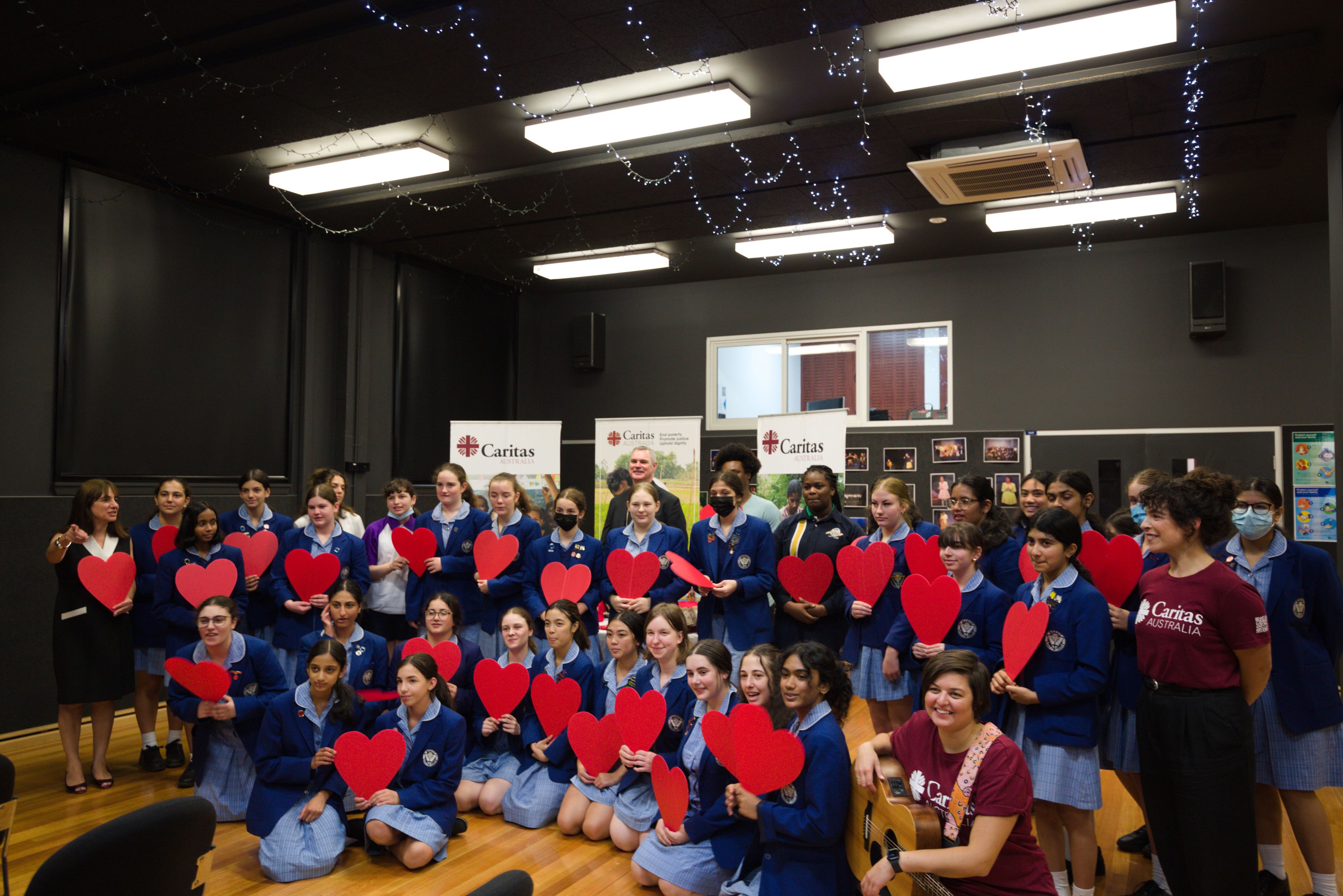
Prayer for all Future Generations
Loving God,
each day as we step further into the future,
give us the courage, knowledge and
patience that we need to face the challenges we may find on the road.
Remind us that you always journey with us
and that you will never lead us into anything
that you won't lead us through.
Help us work together
to make the world a better place
for all generations to come, and to how compassion and generosity towards our brothers and sisters in need.
May the way we live be my gift back to you,
with your eternal love and guidance.
In Jesus' name,
Amen
